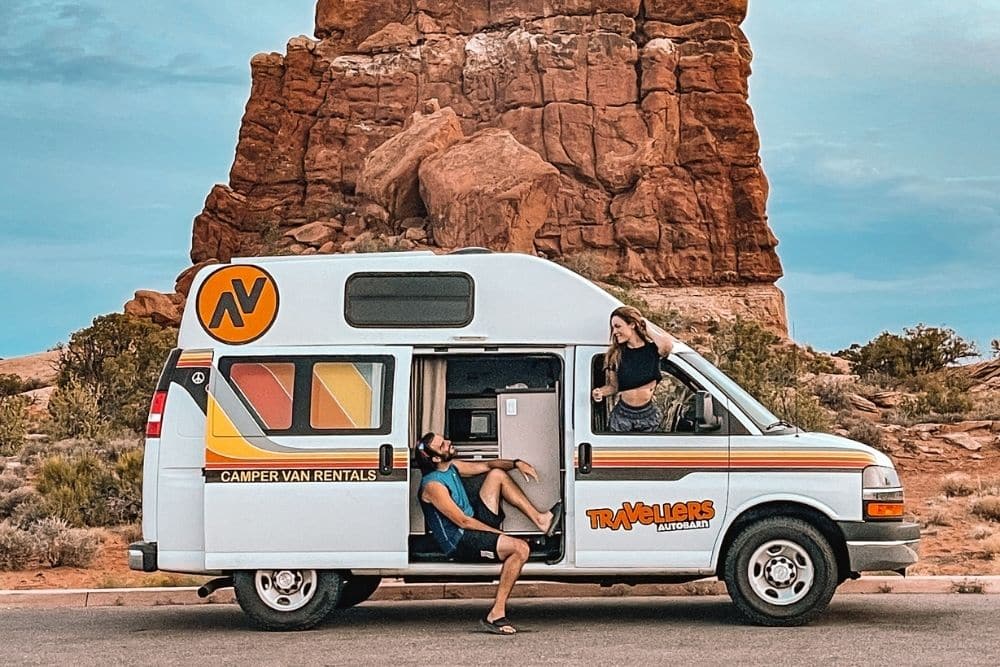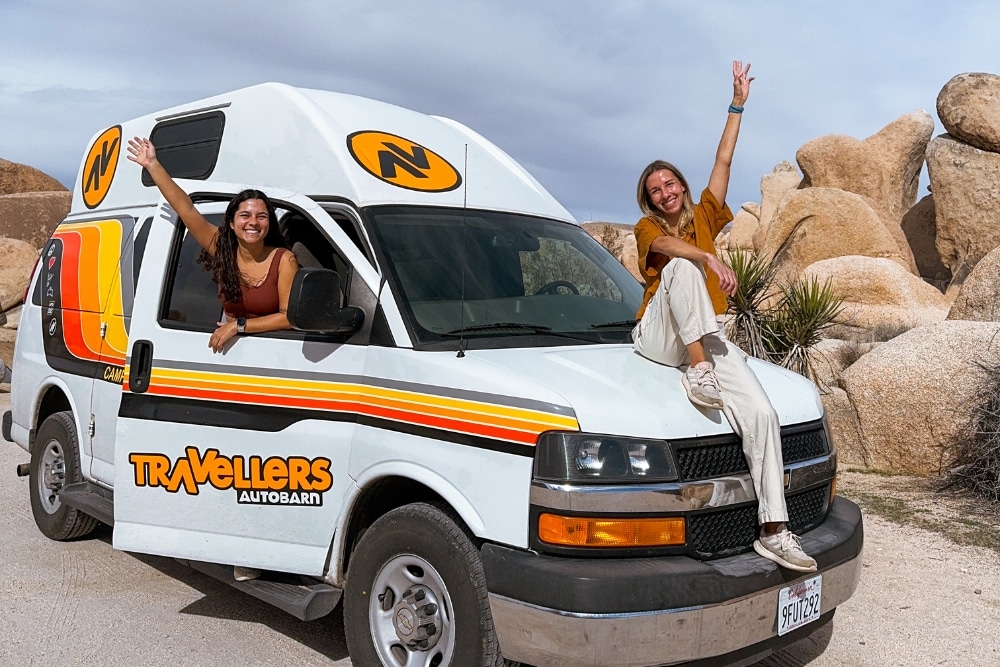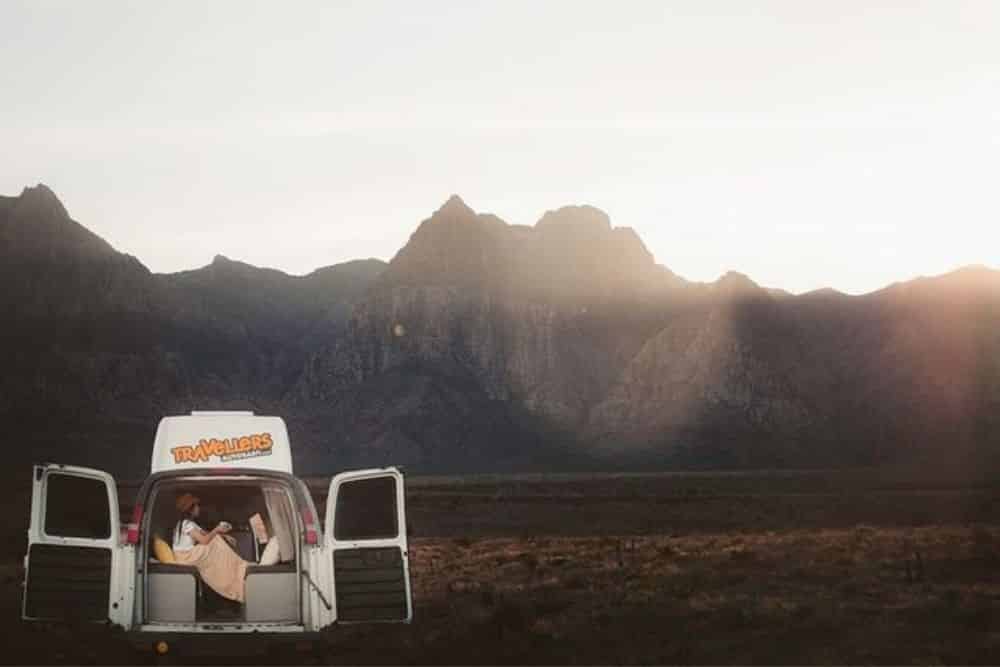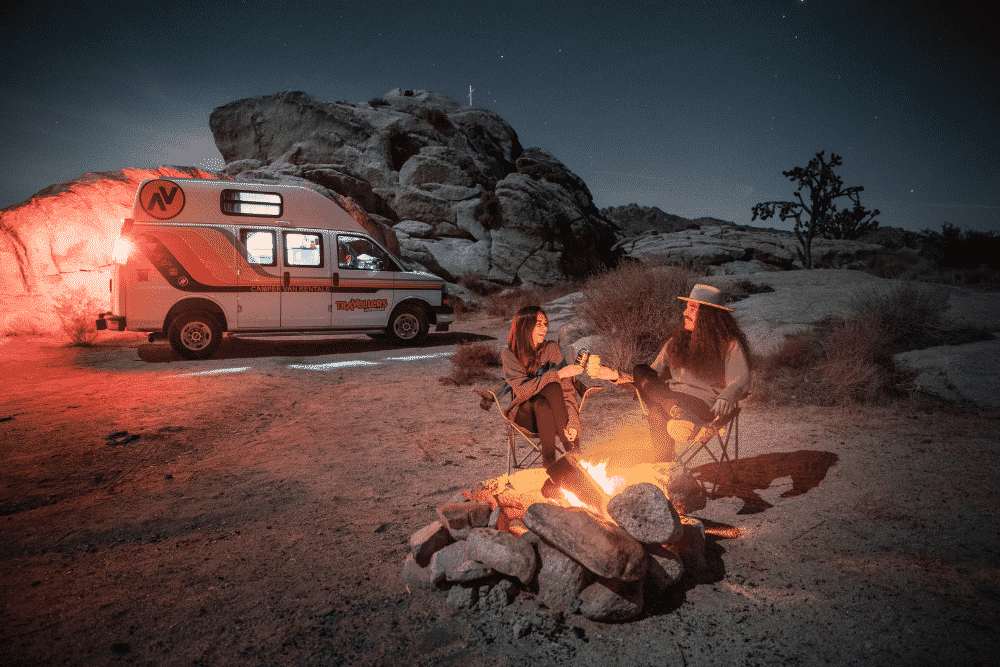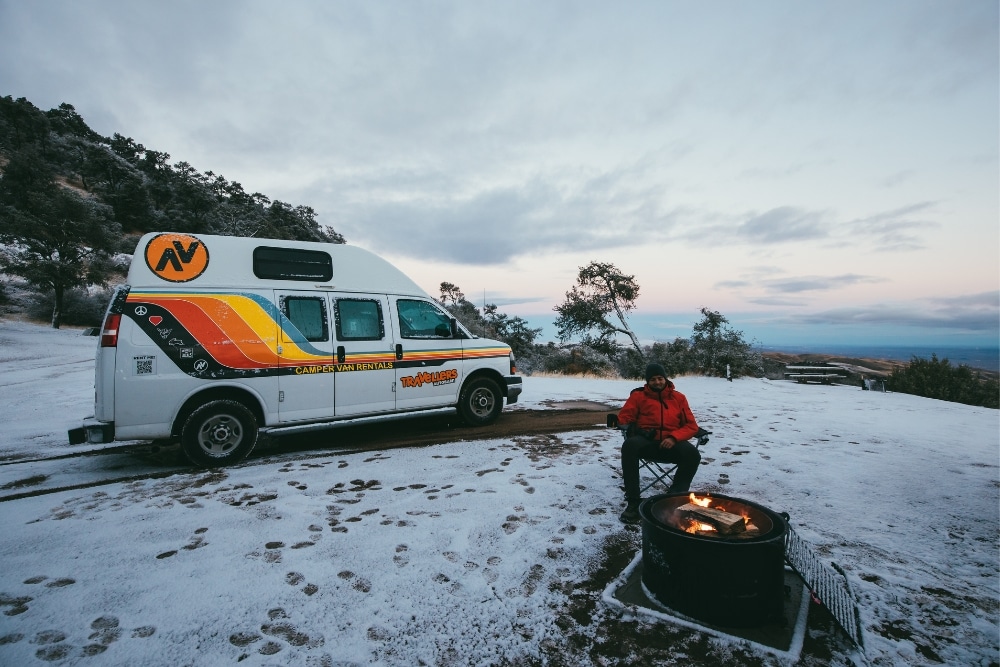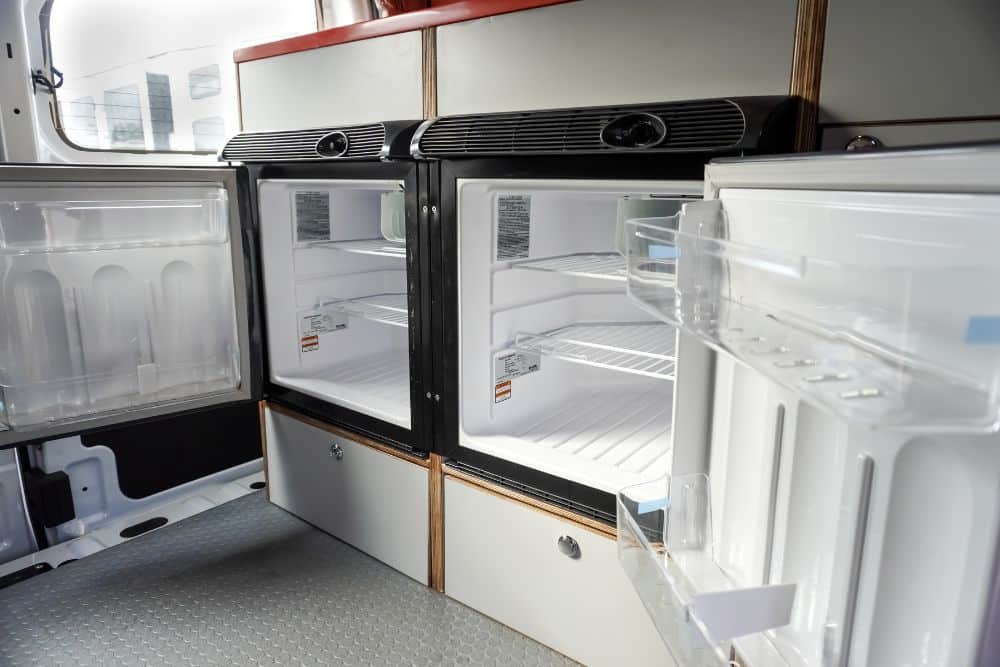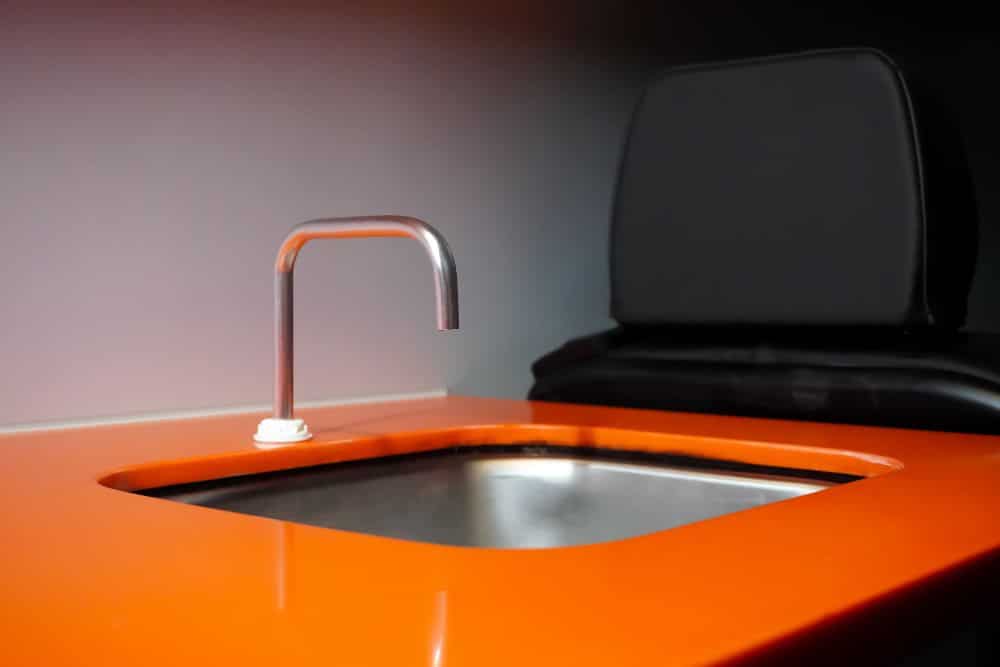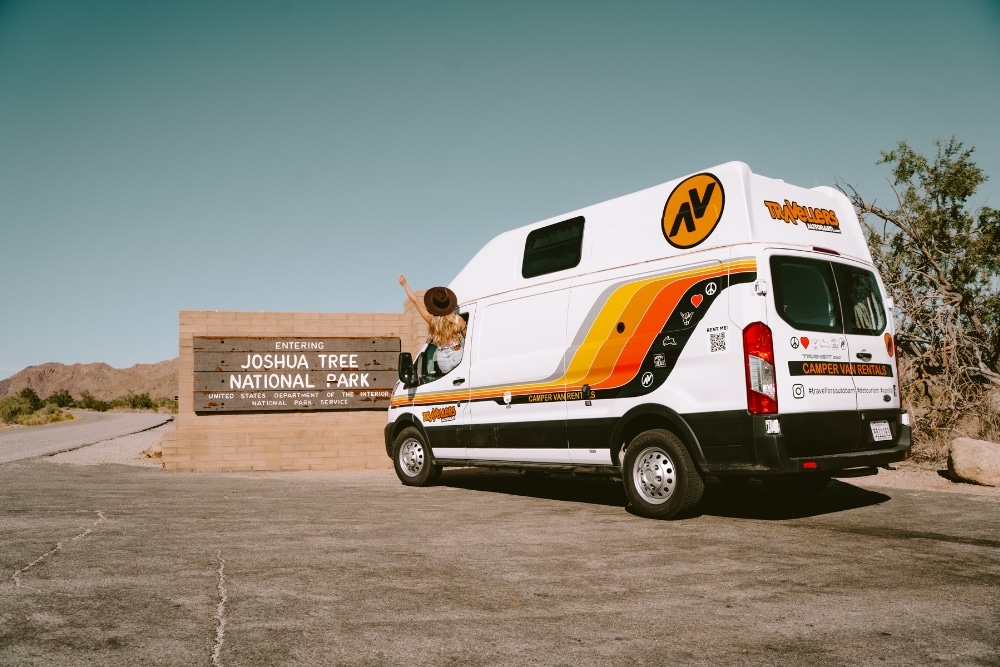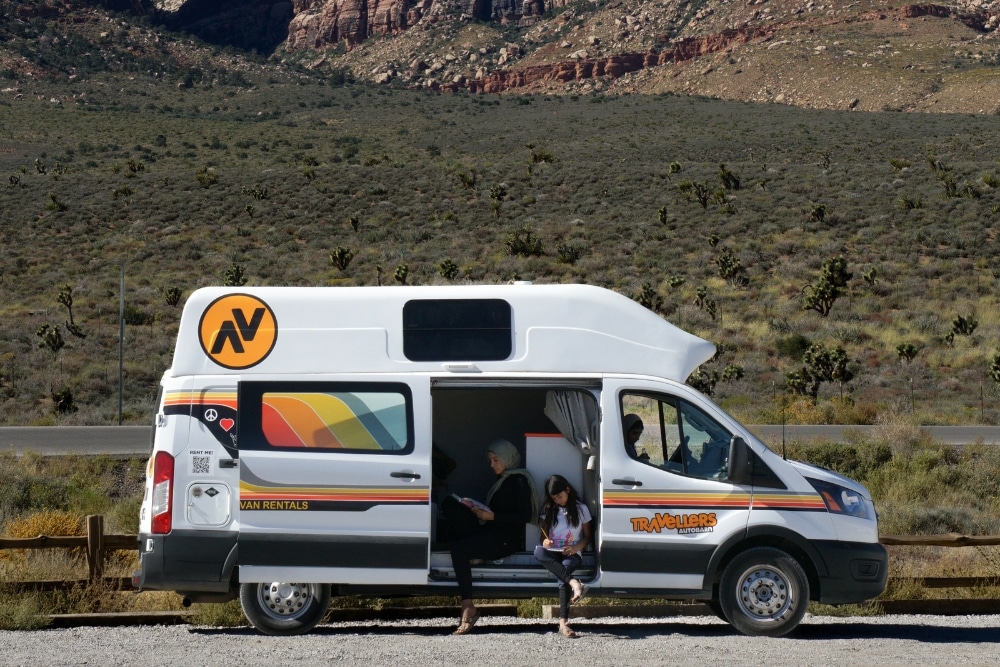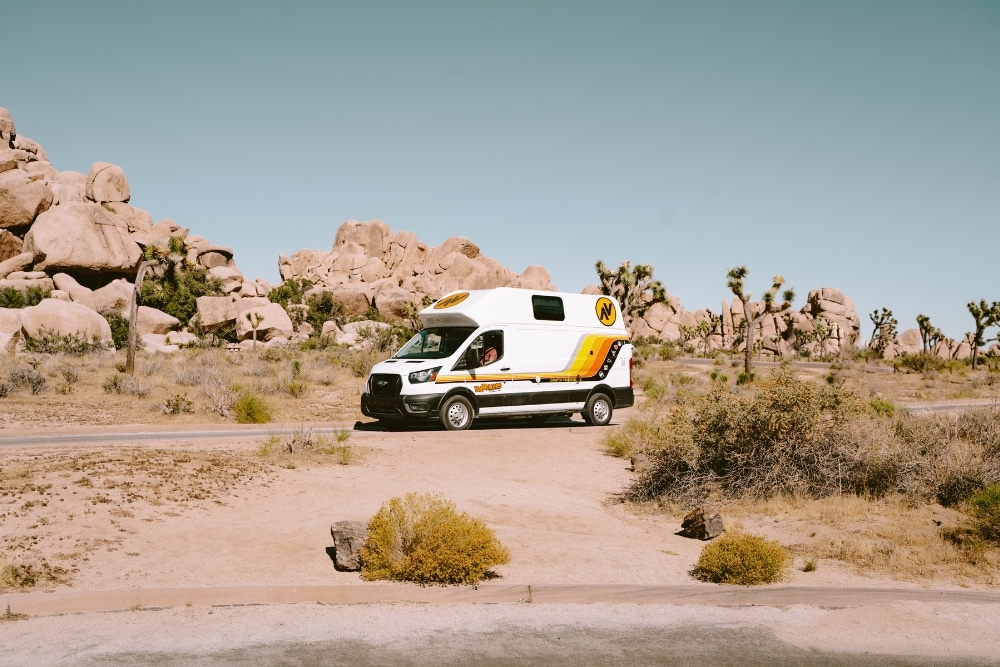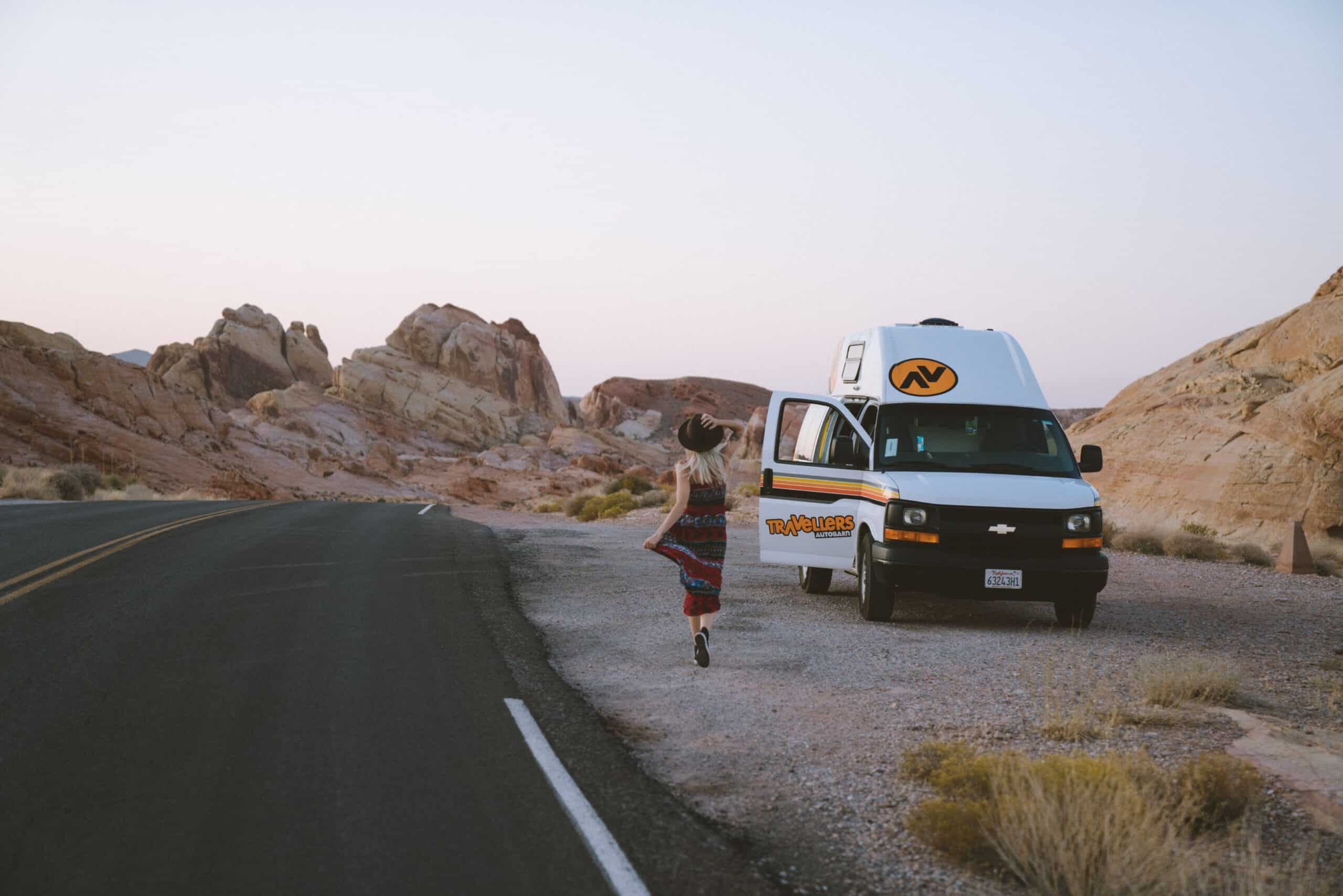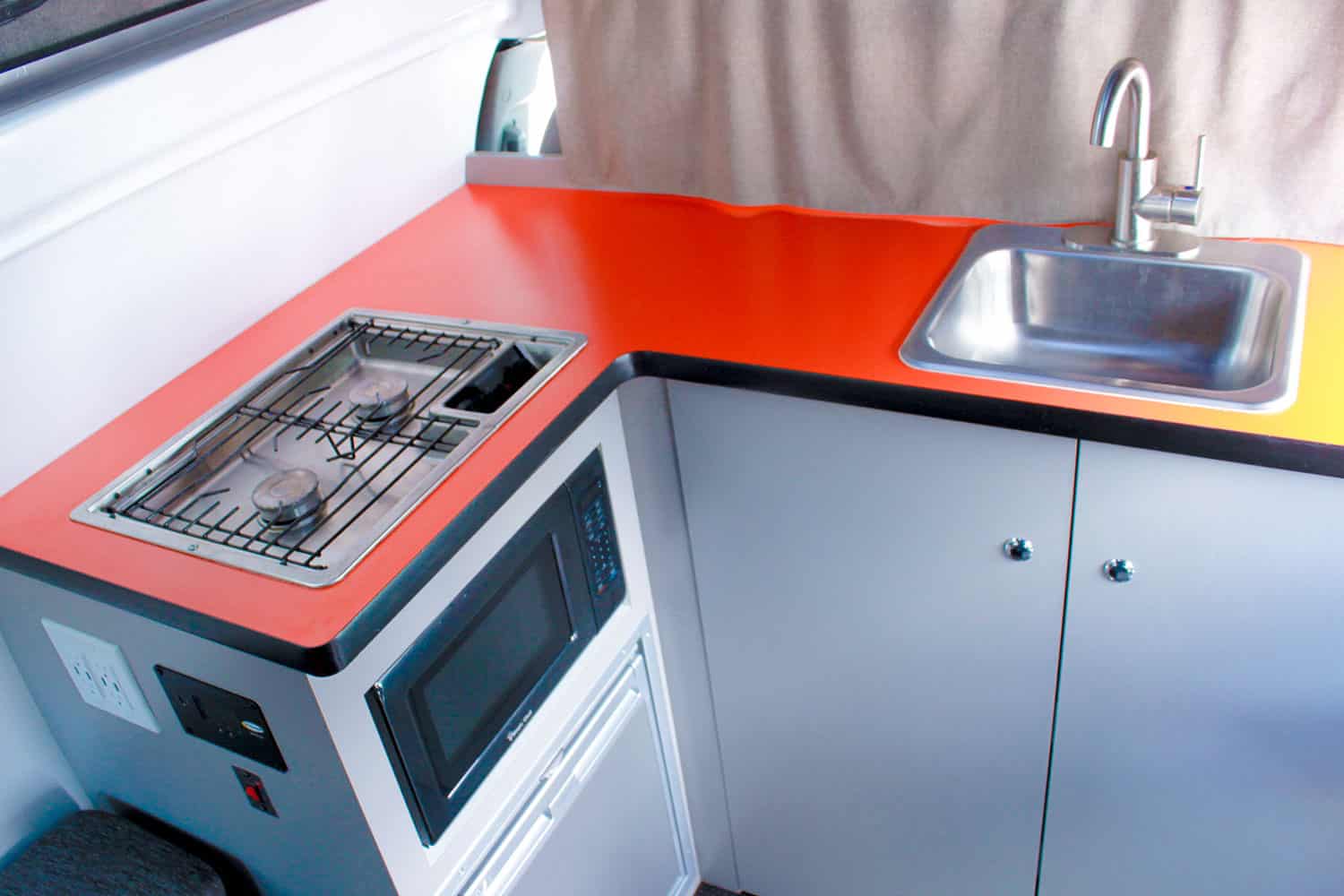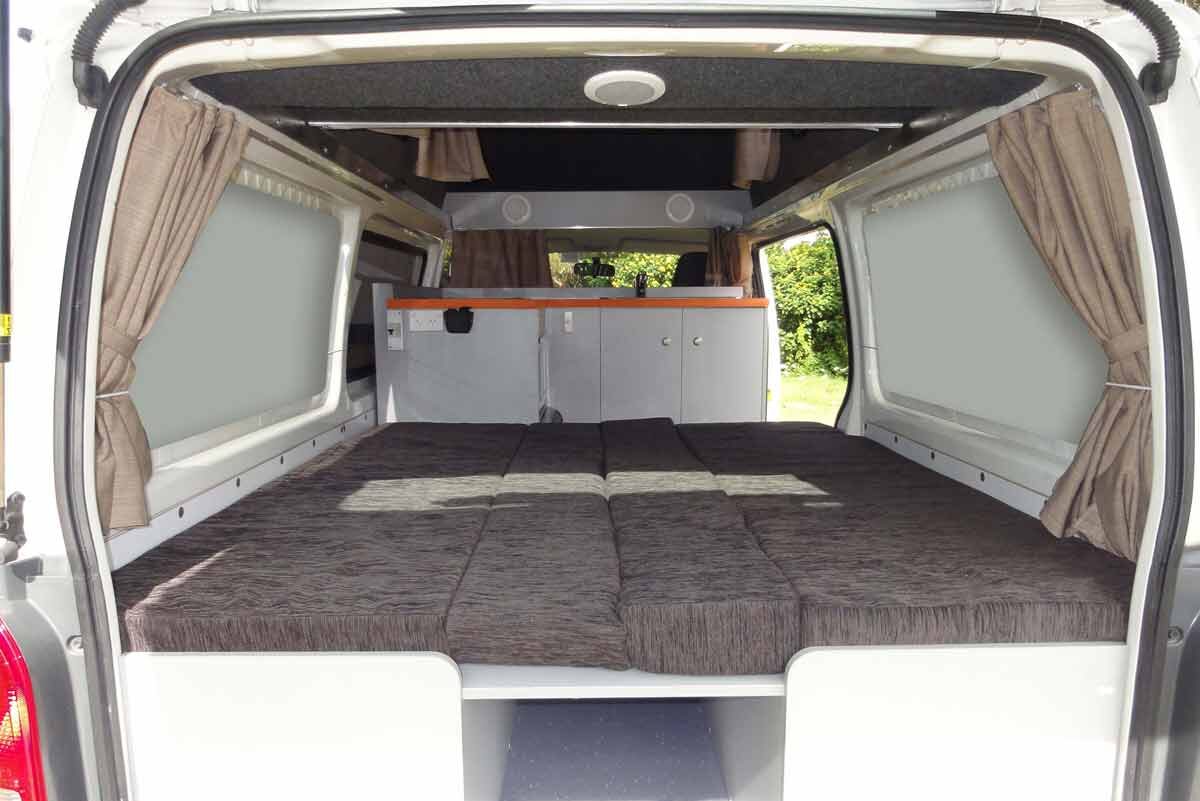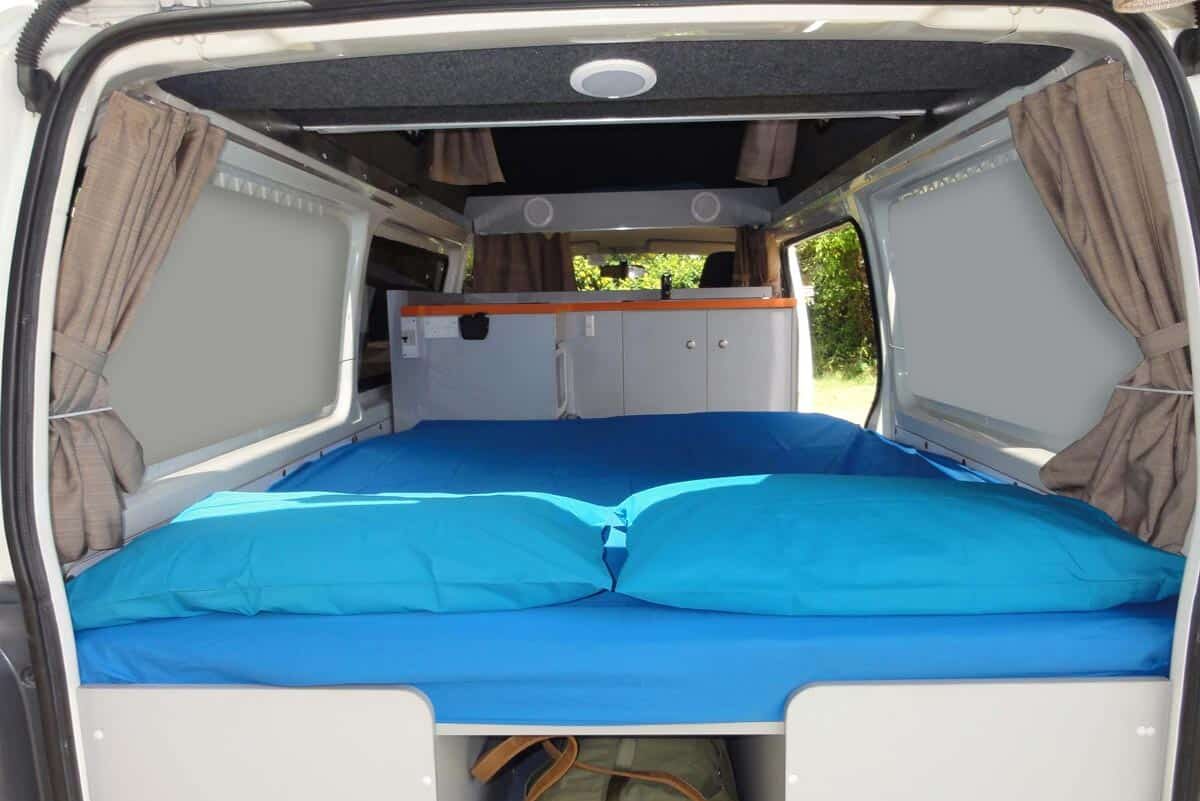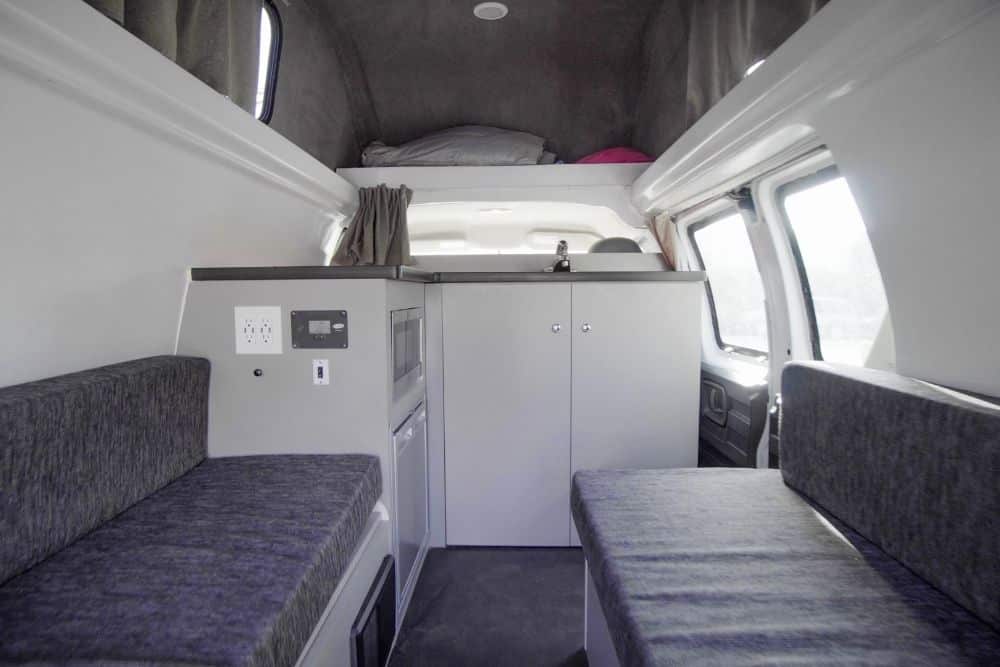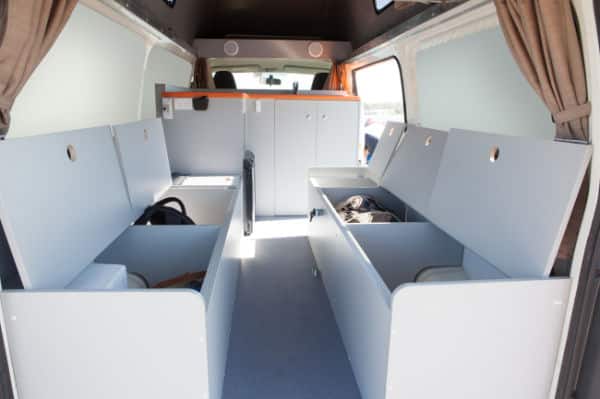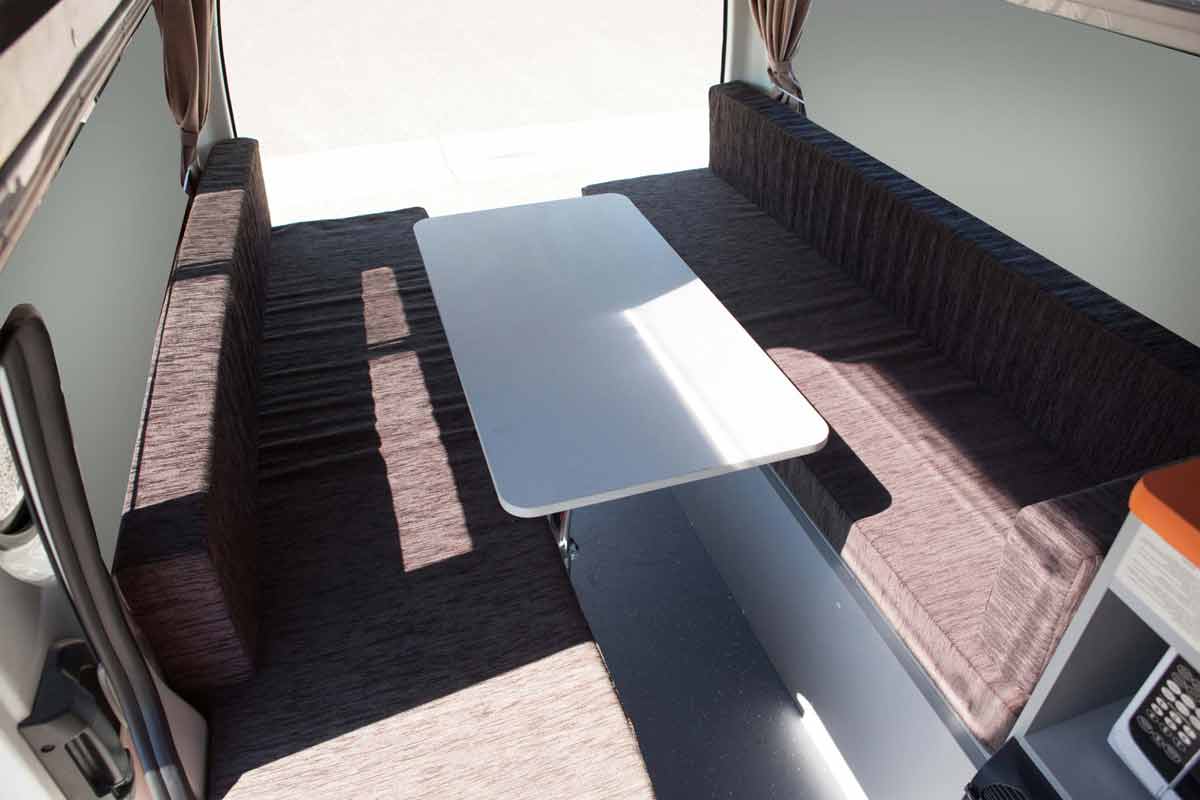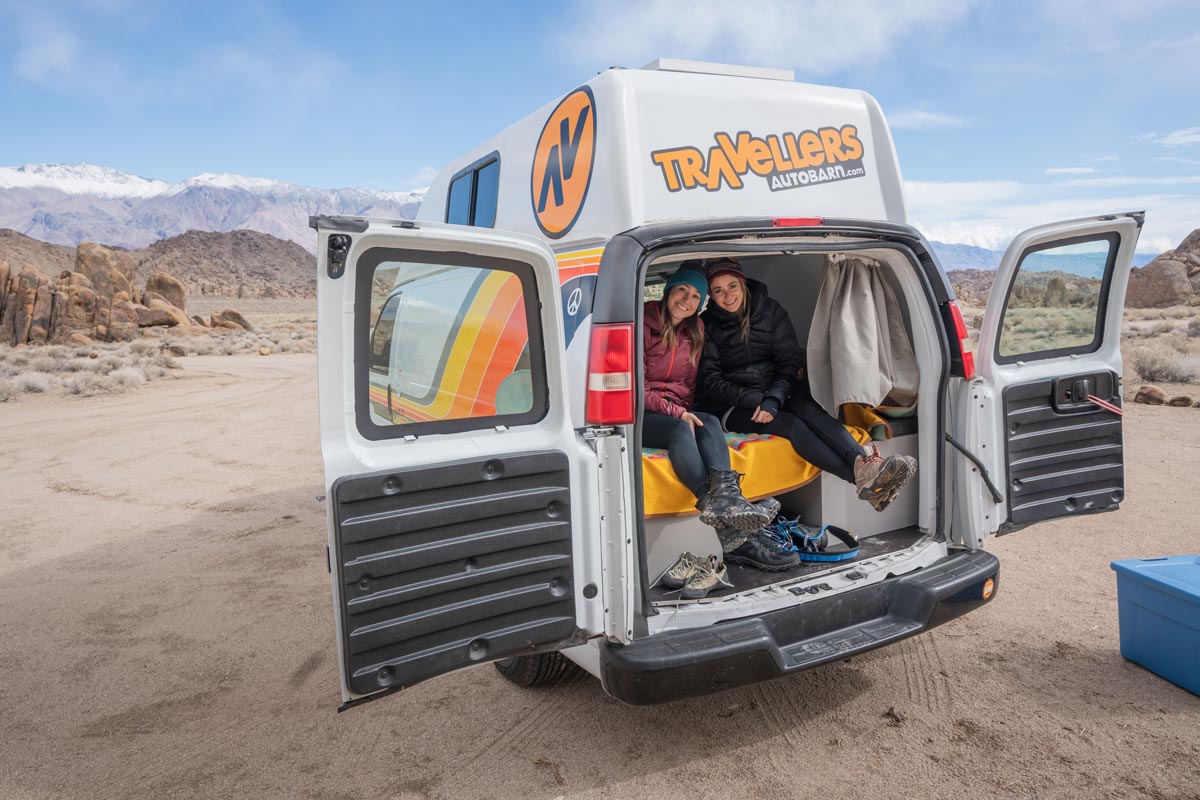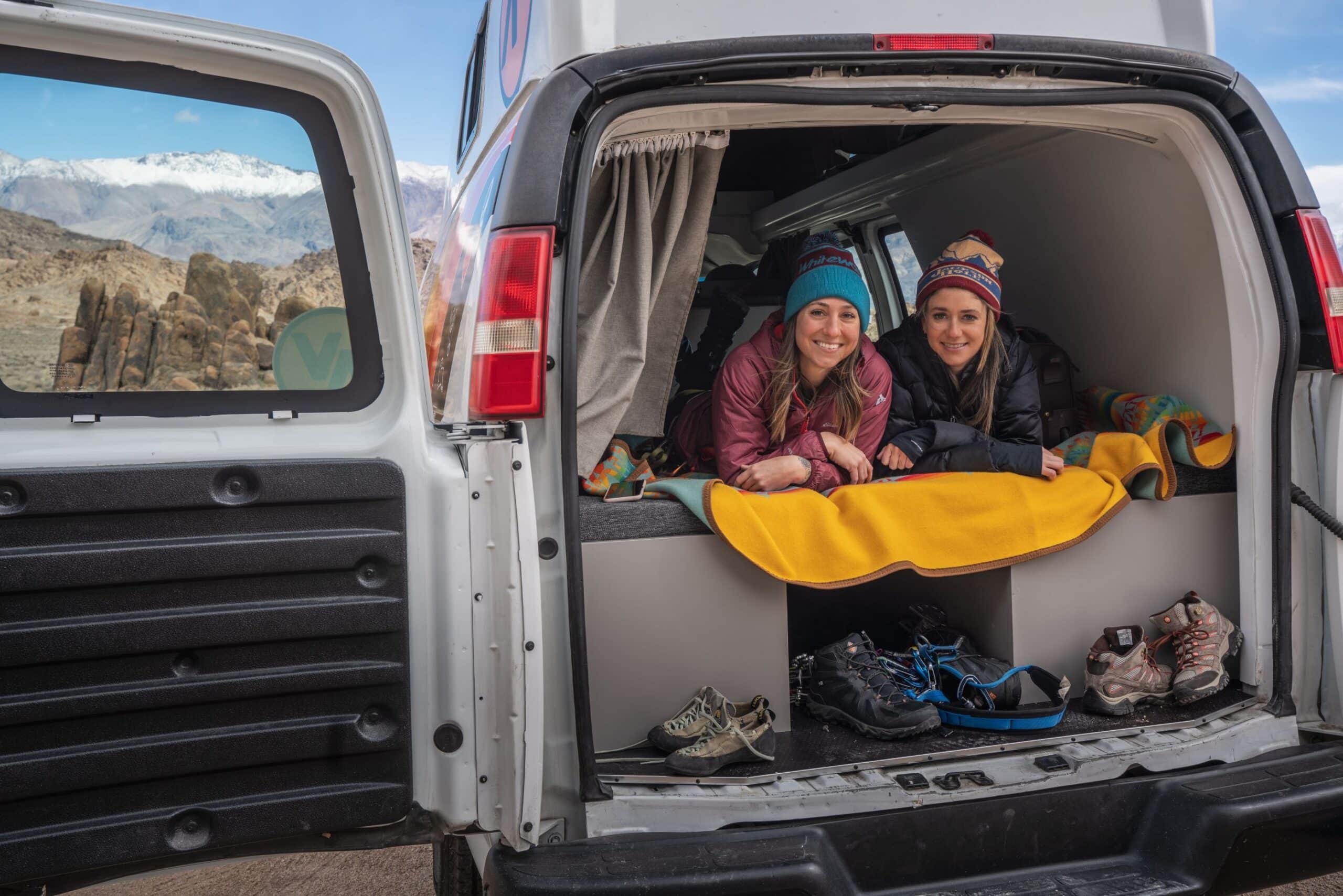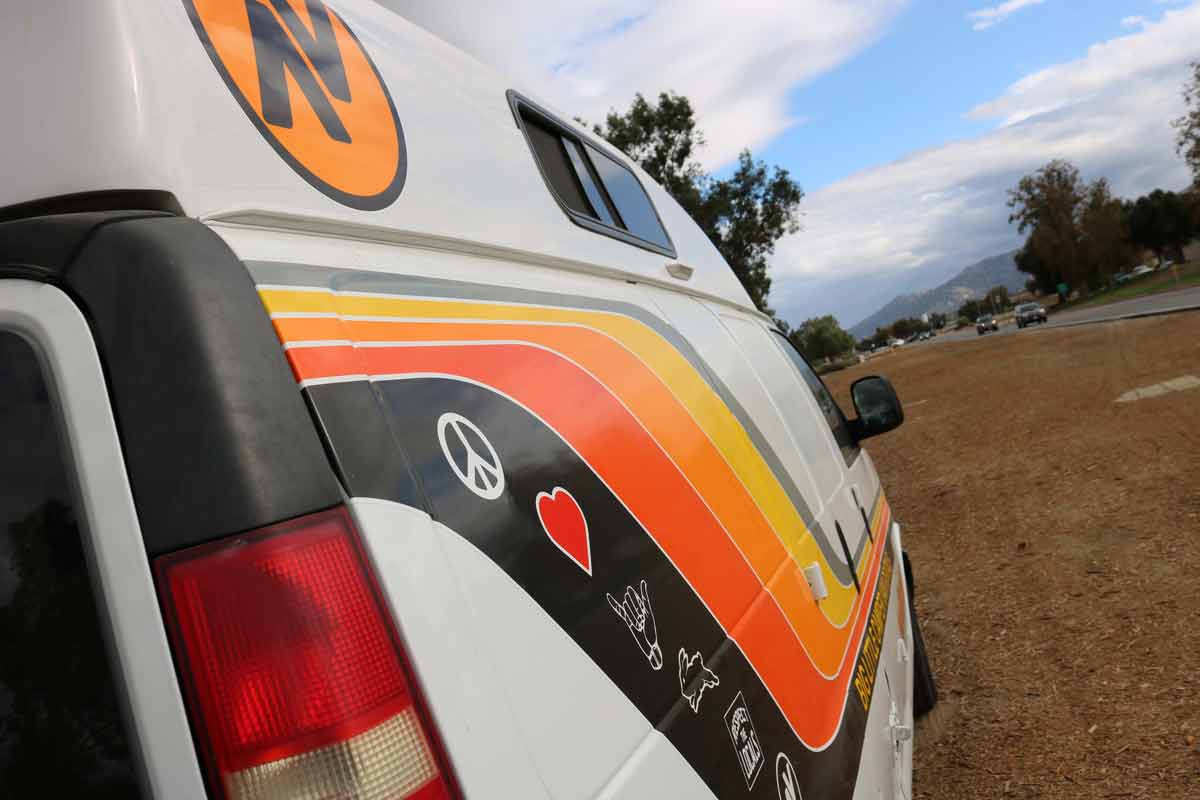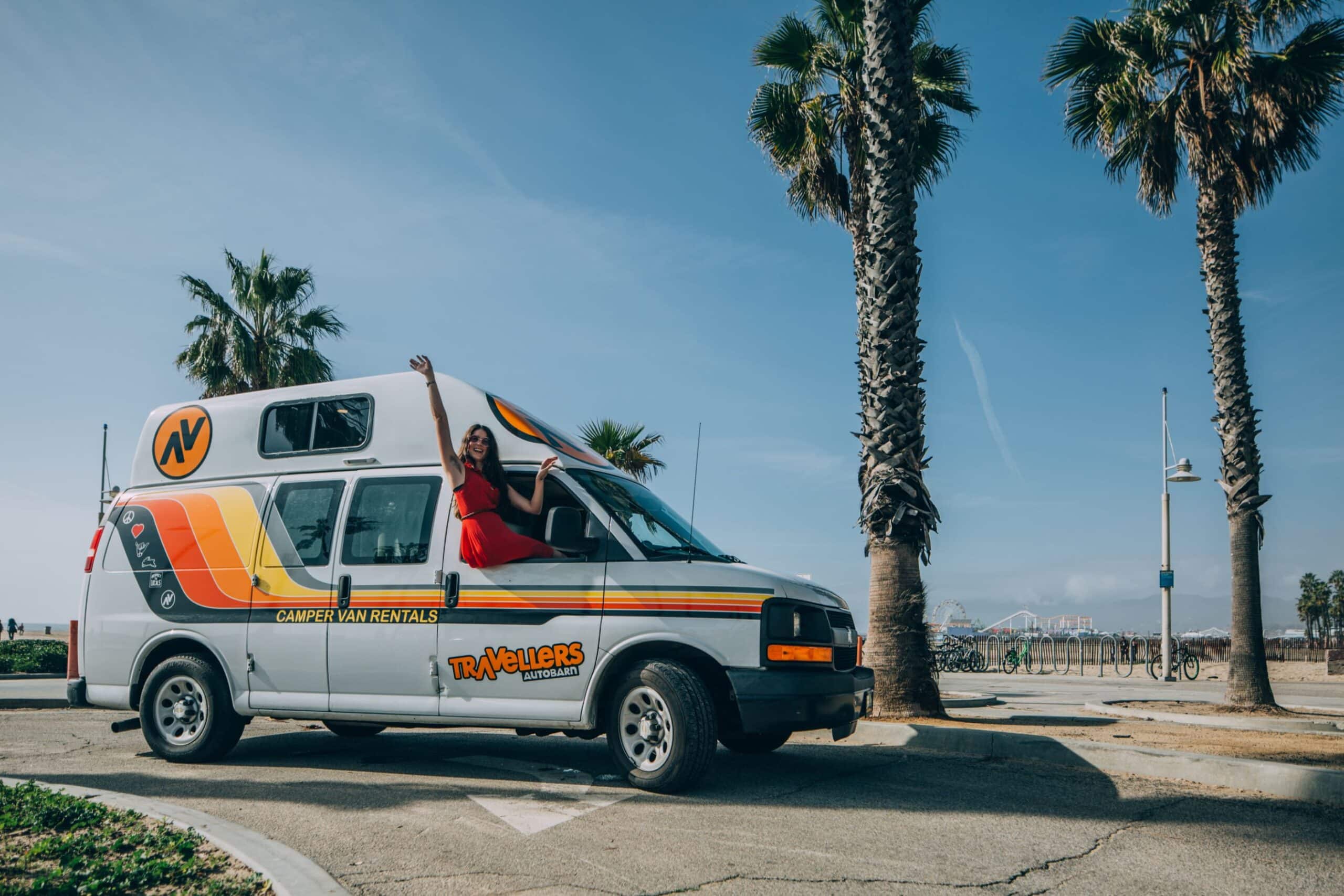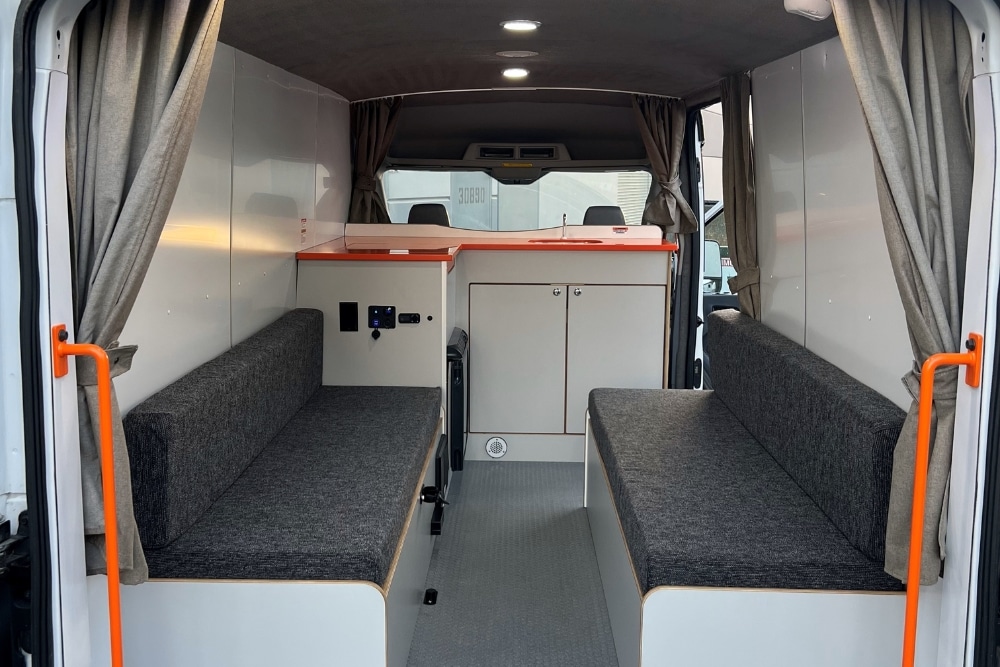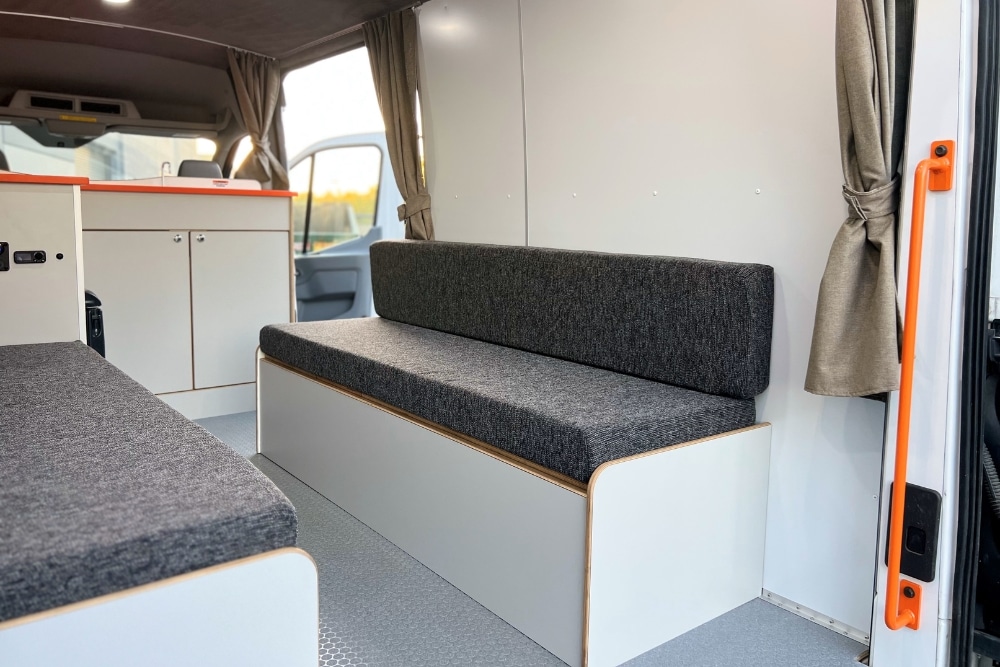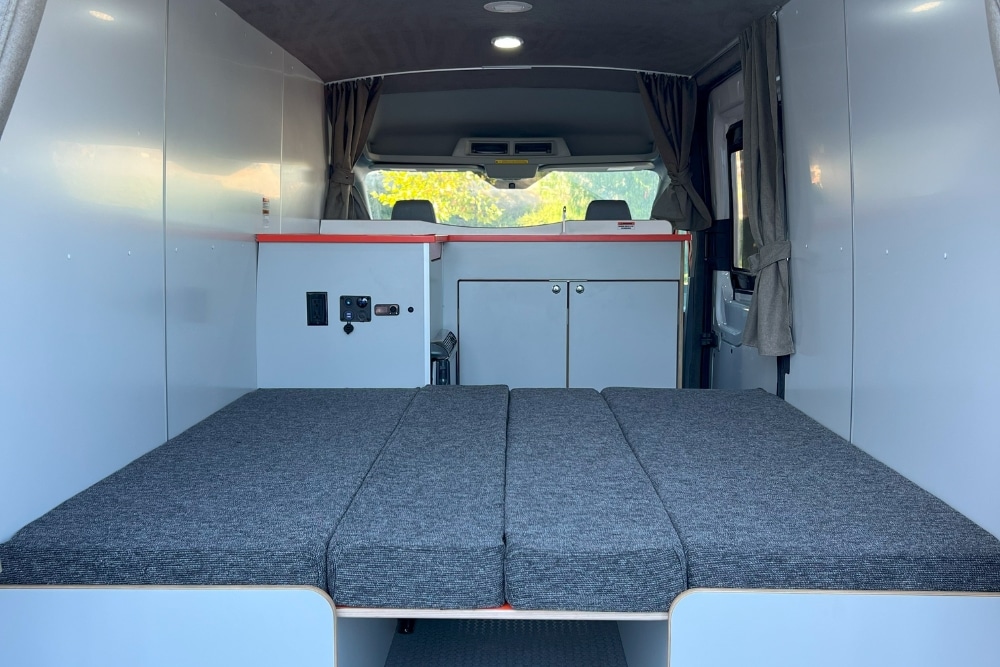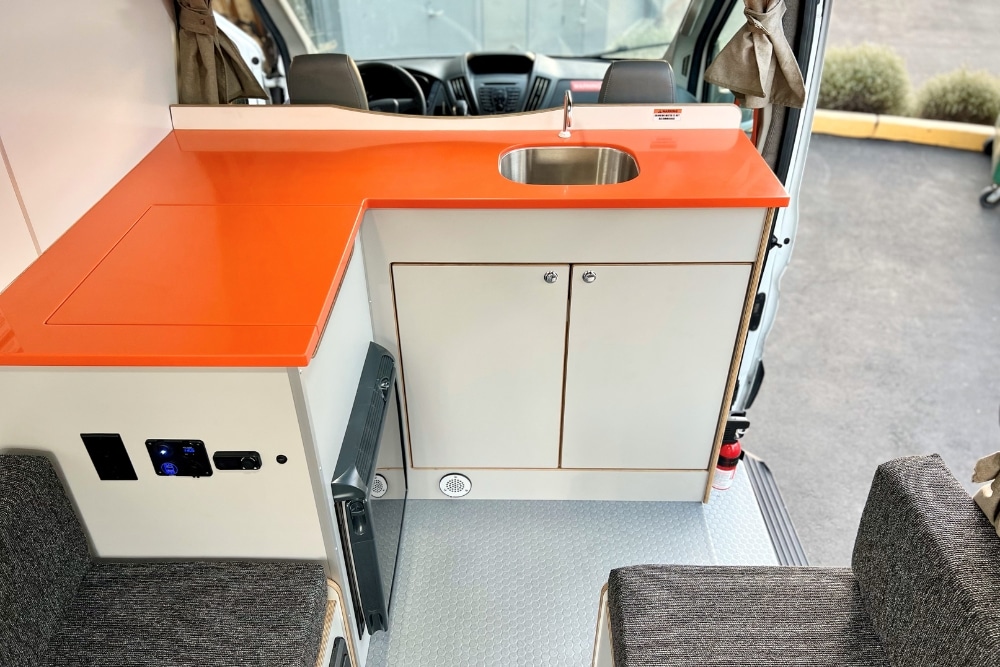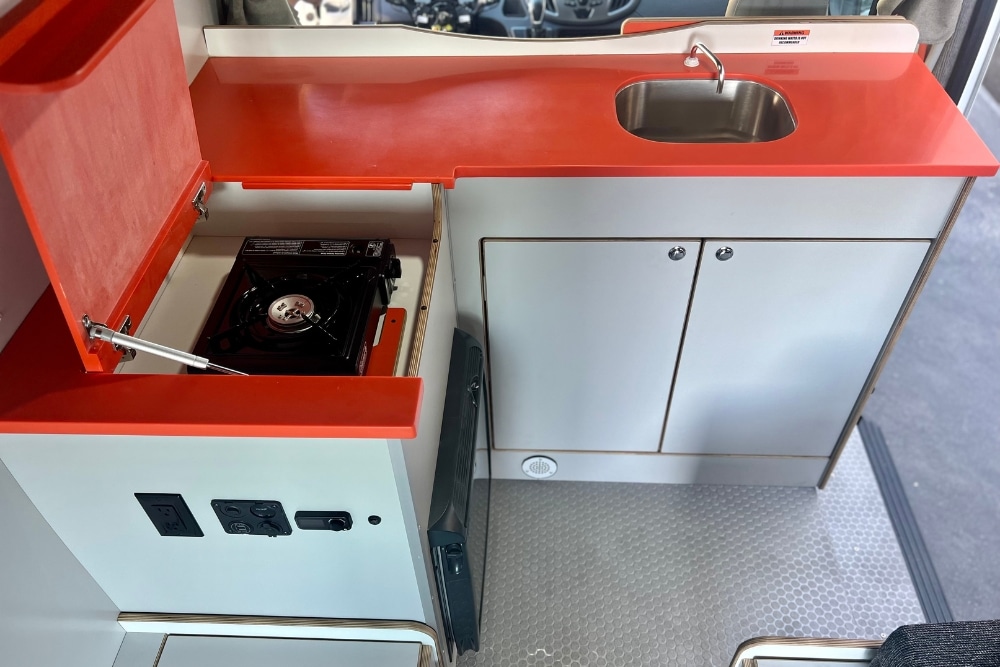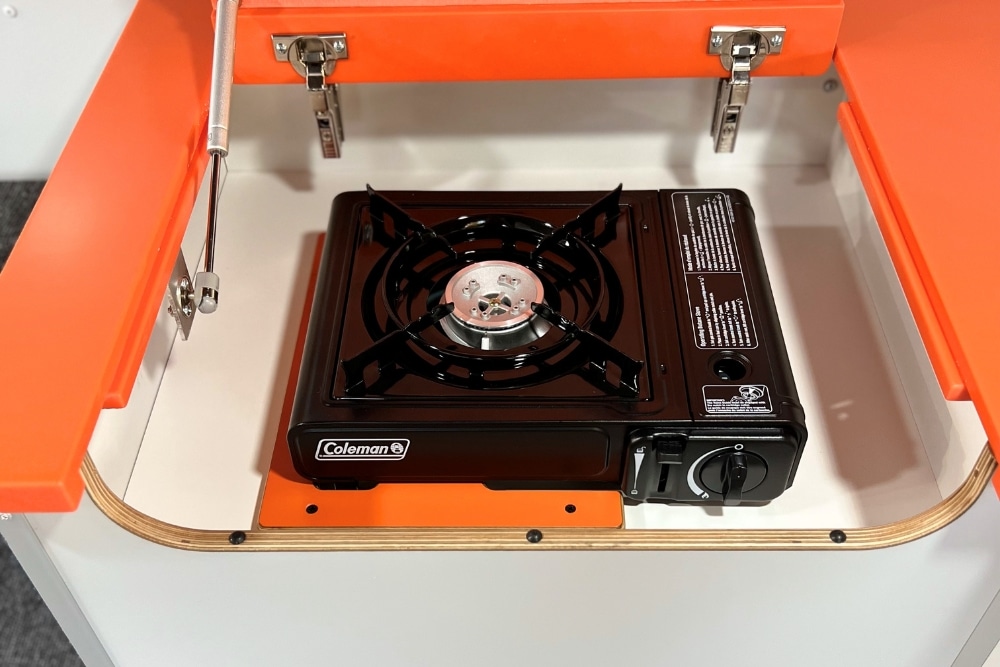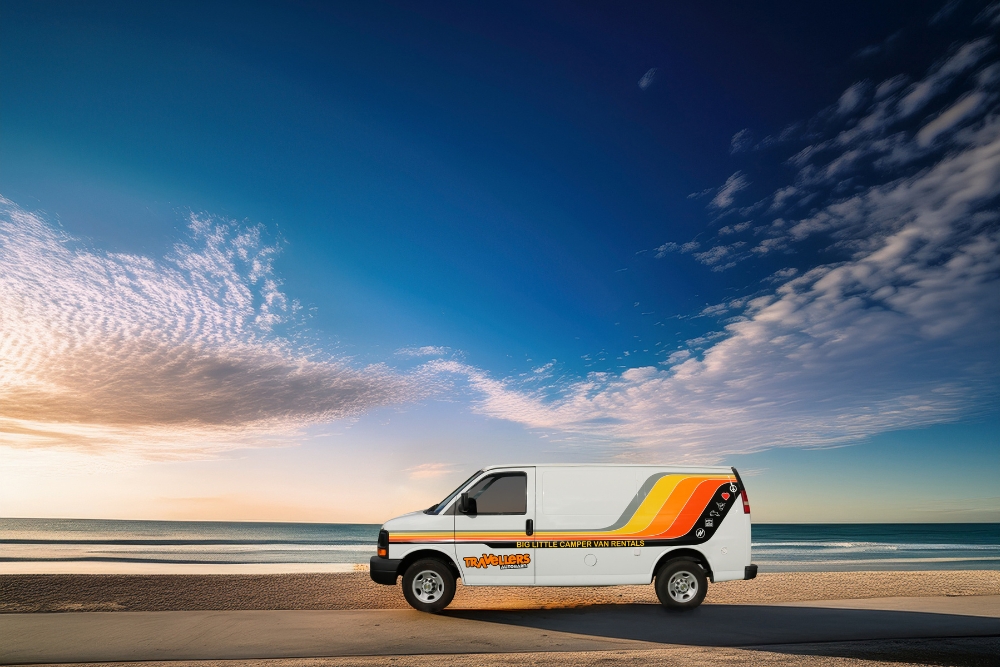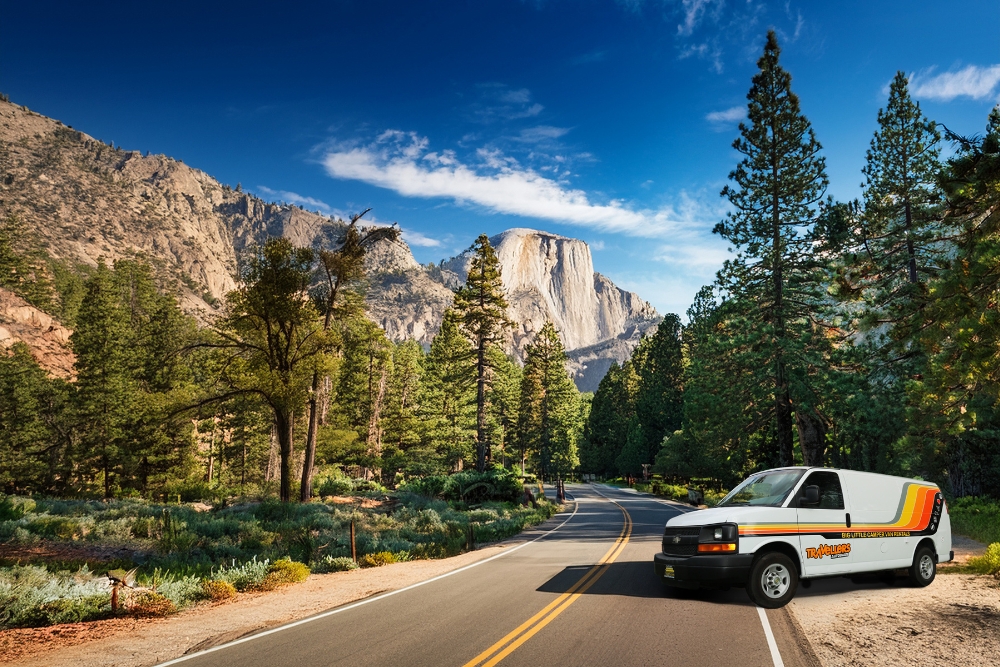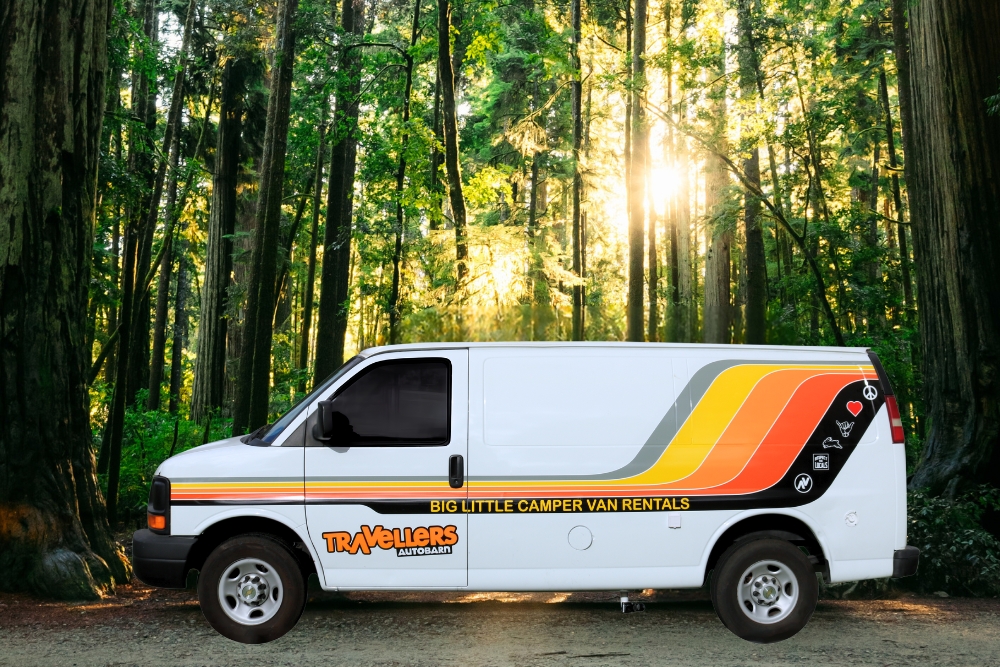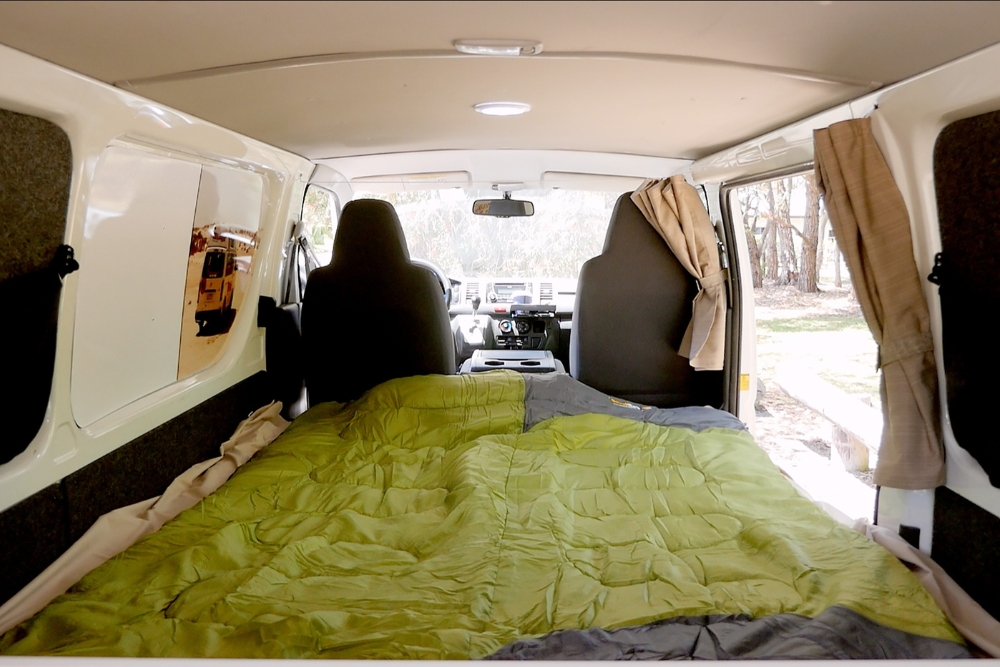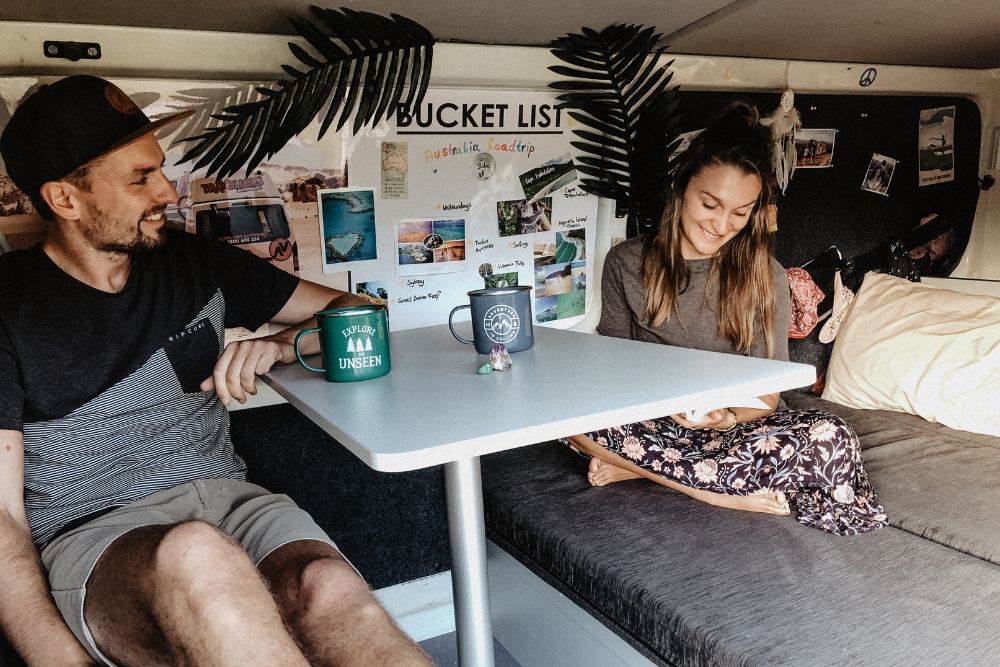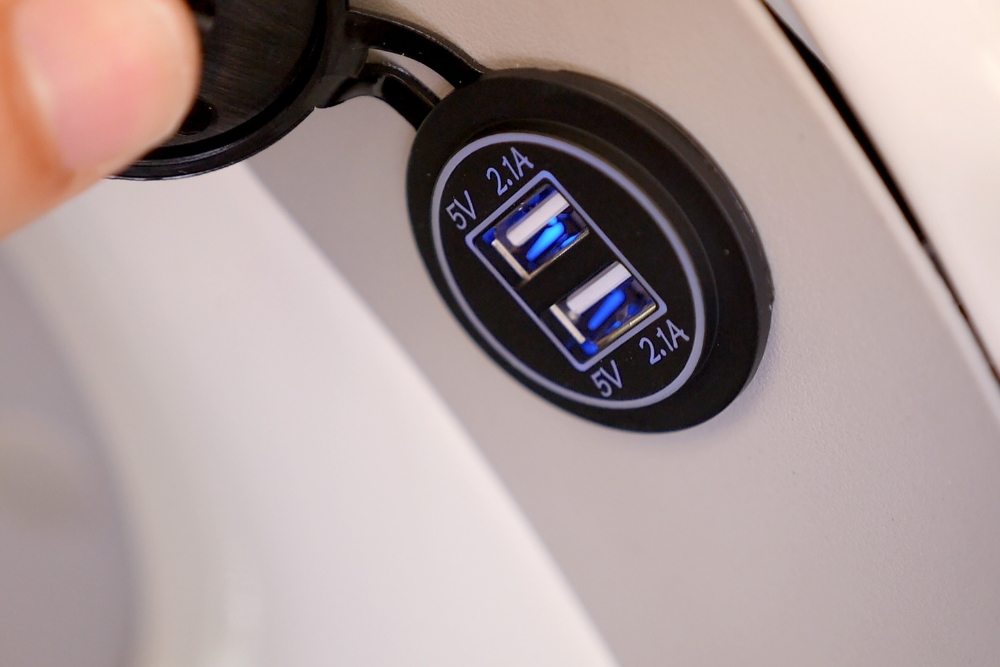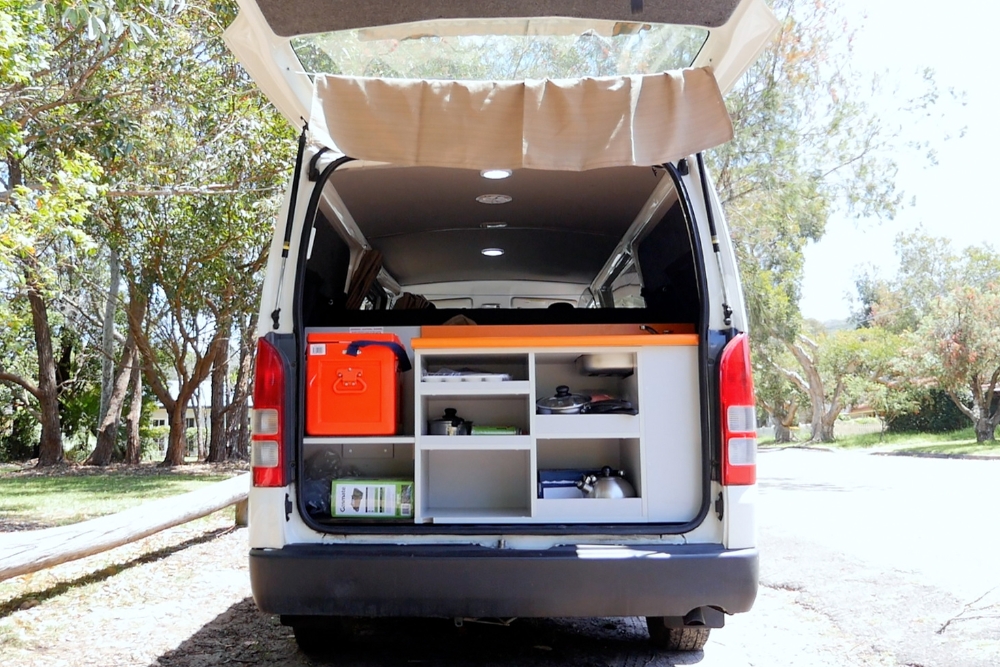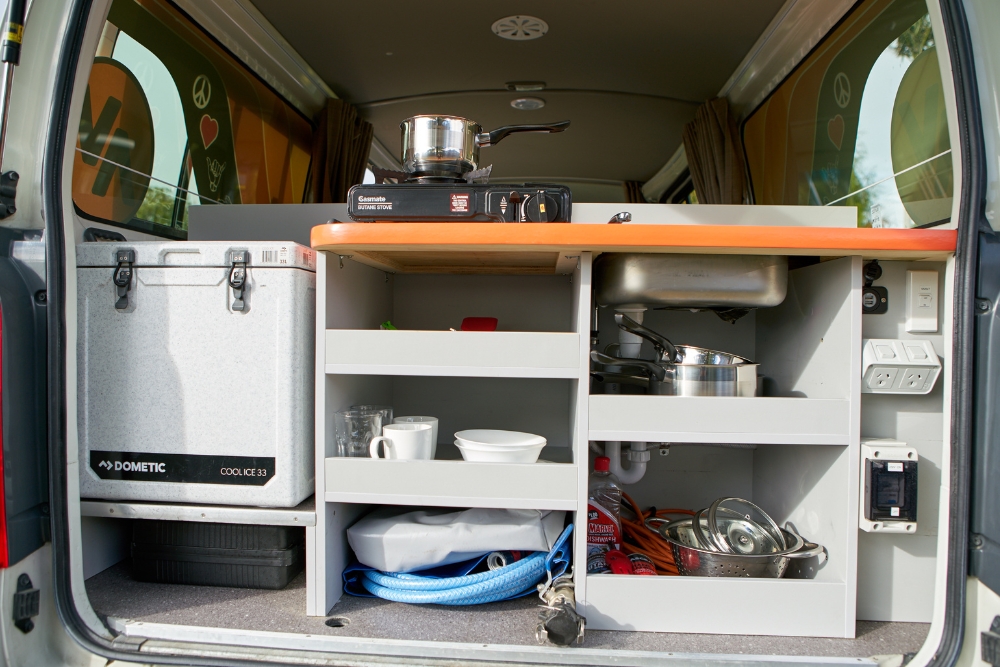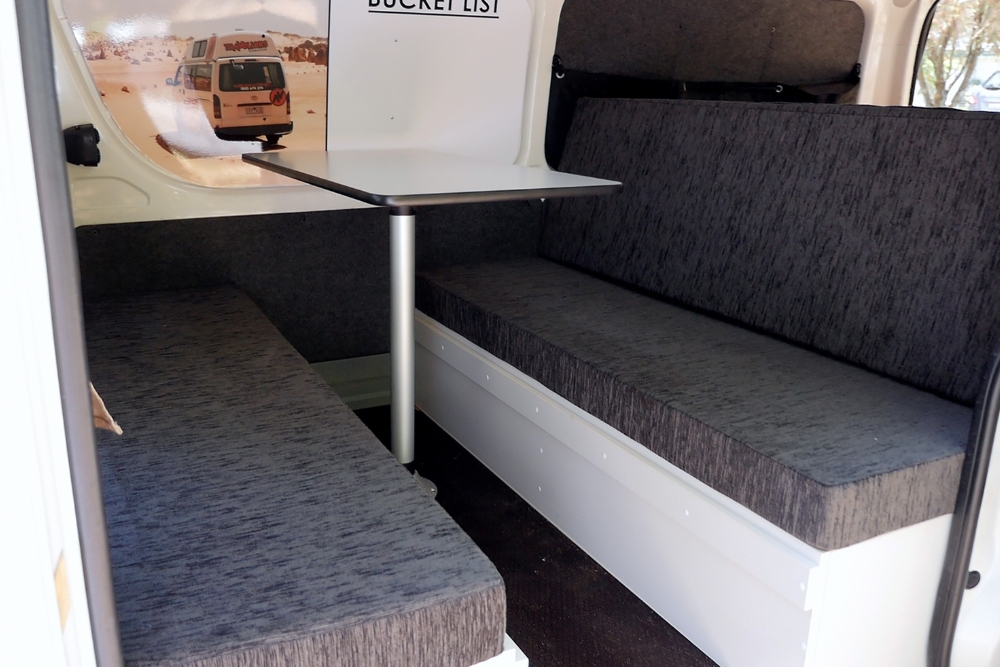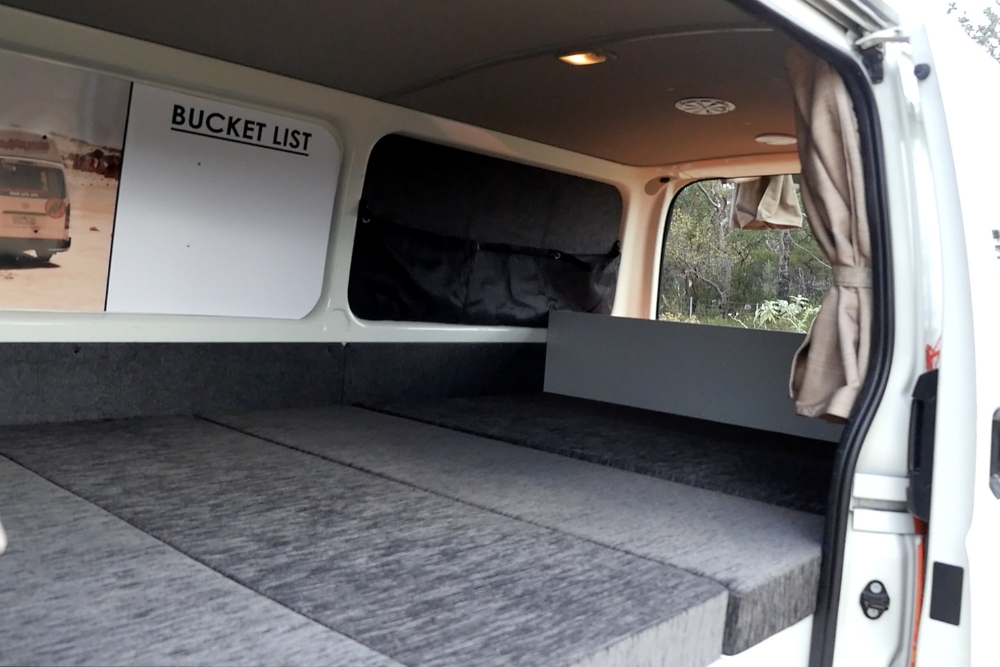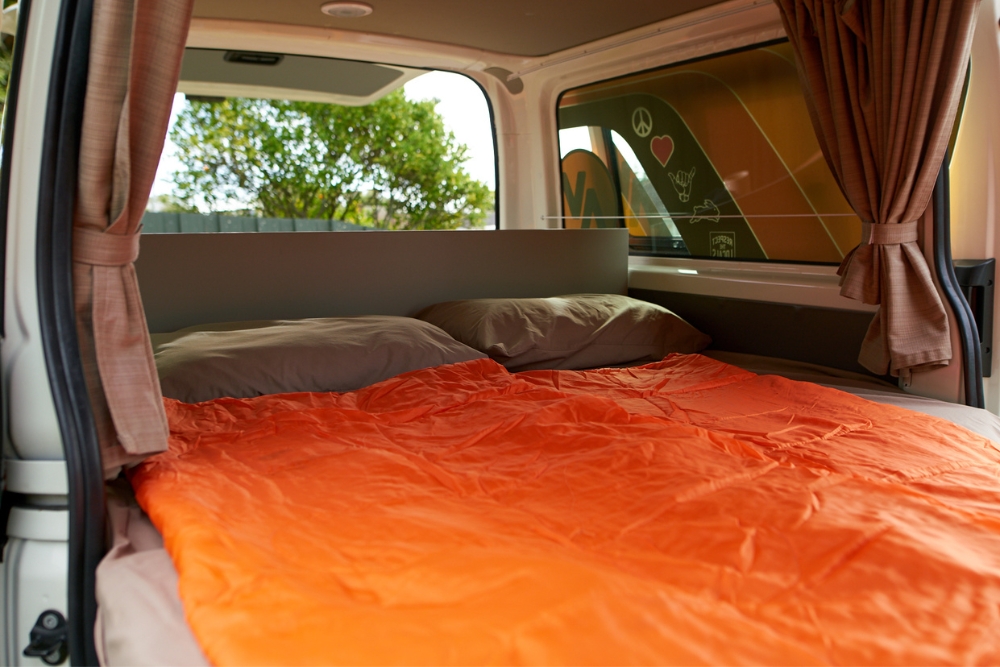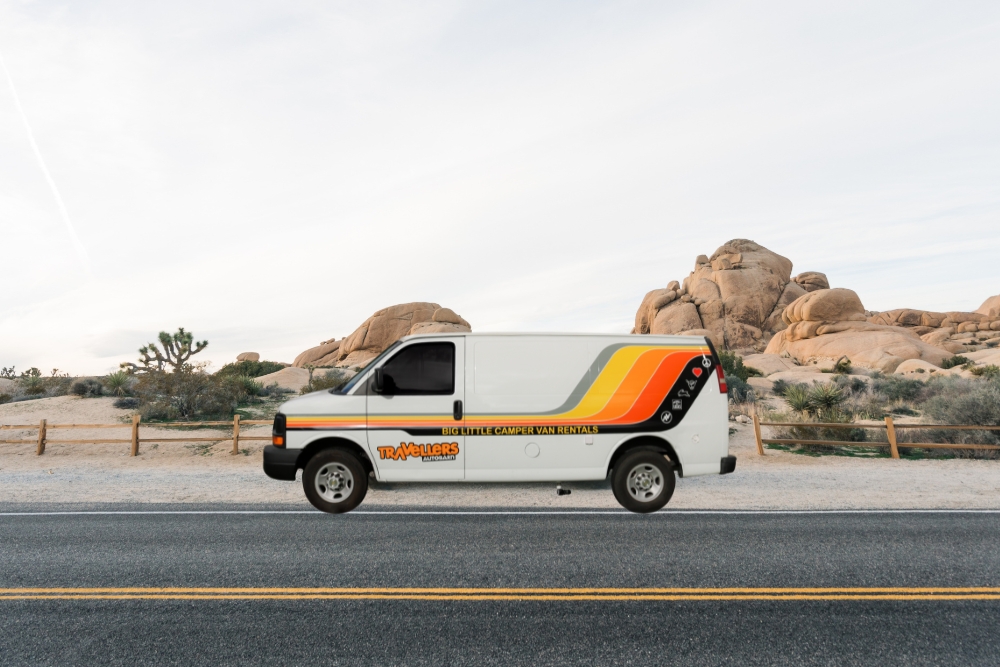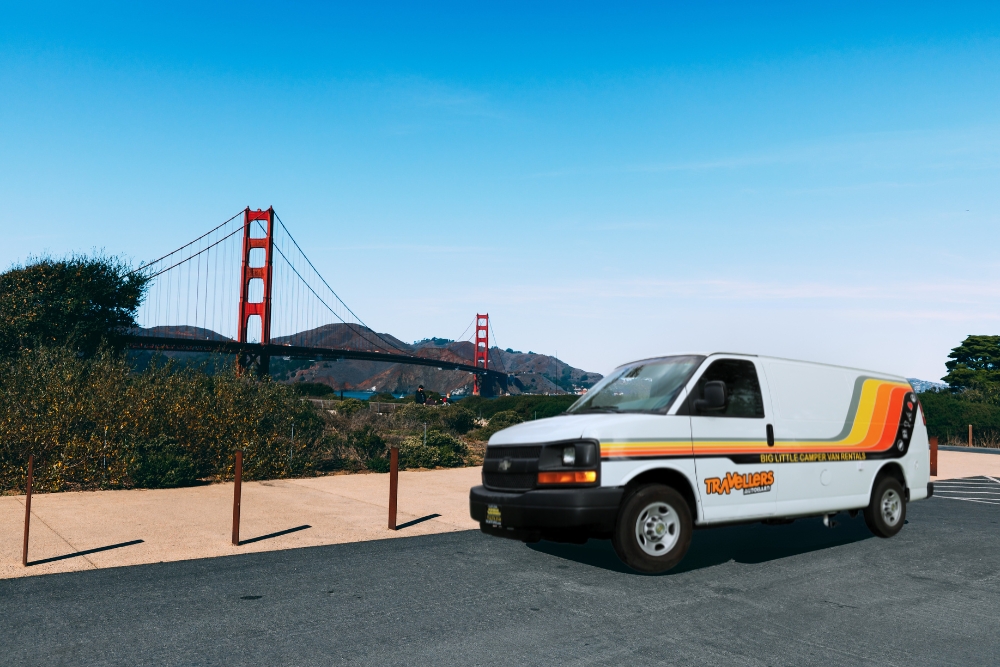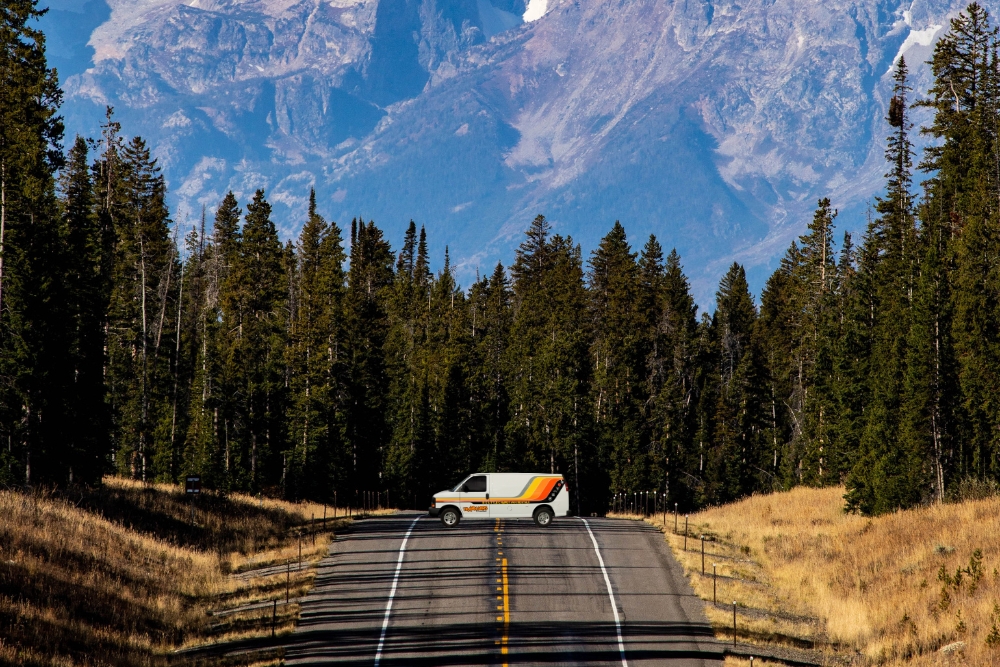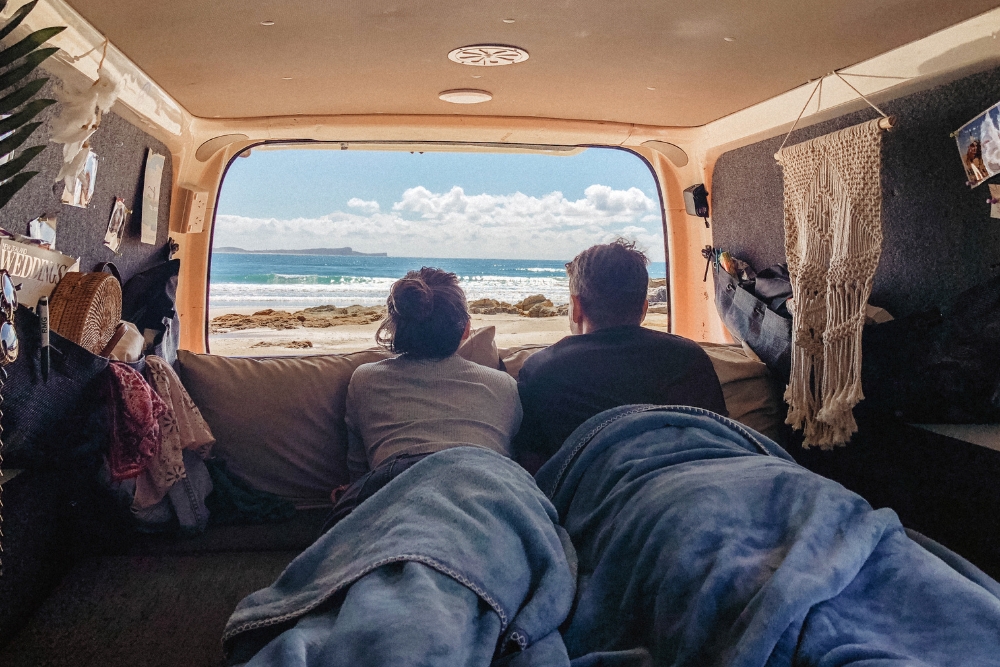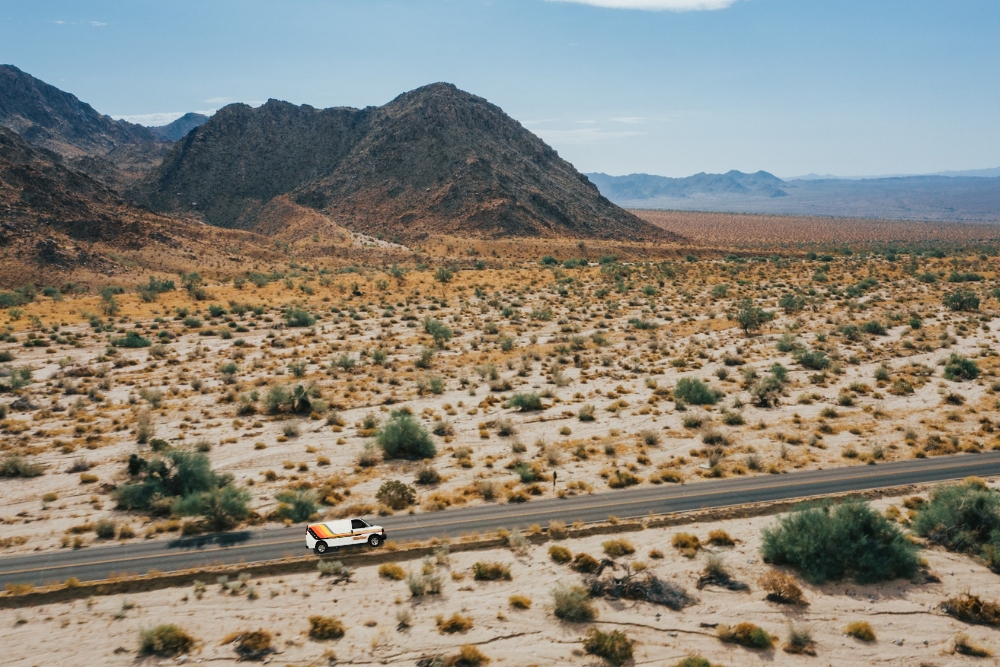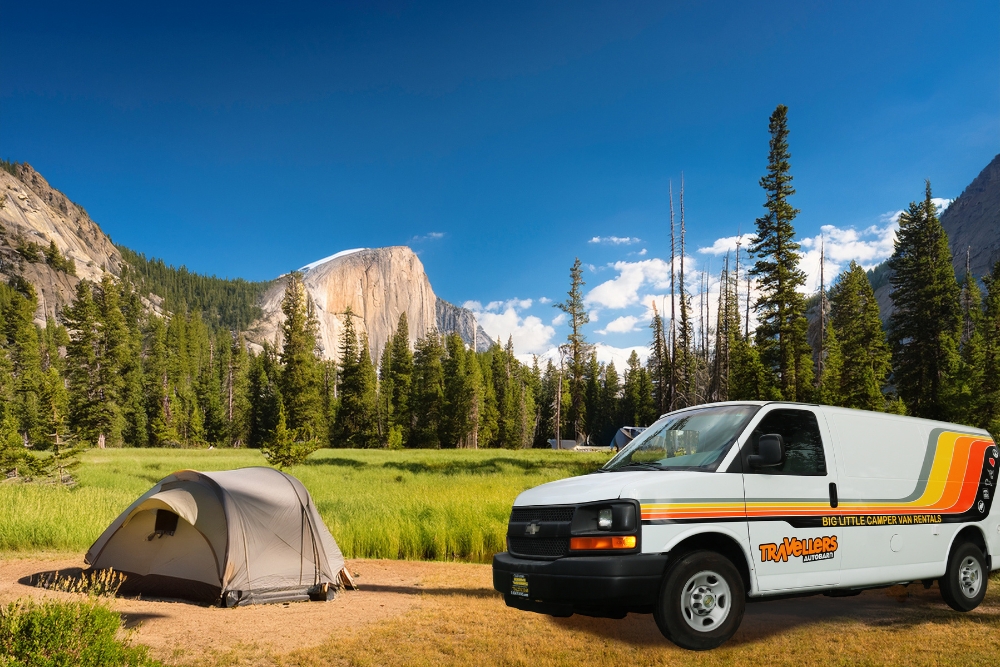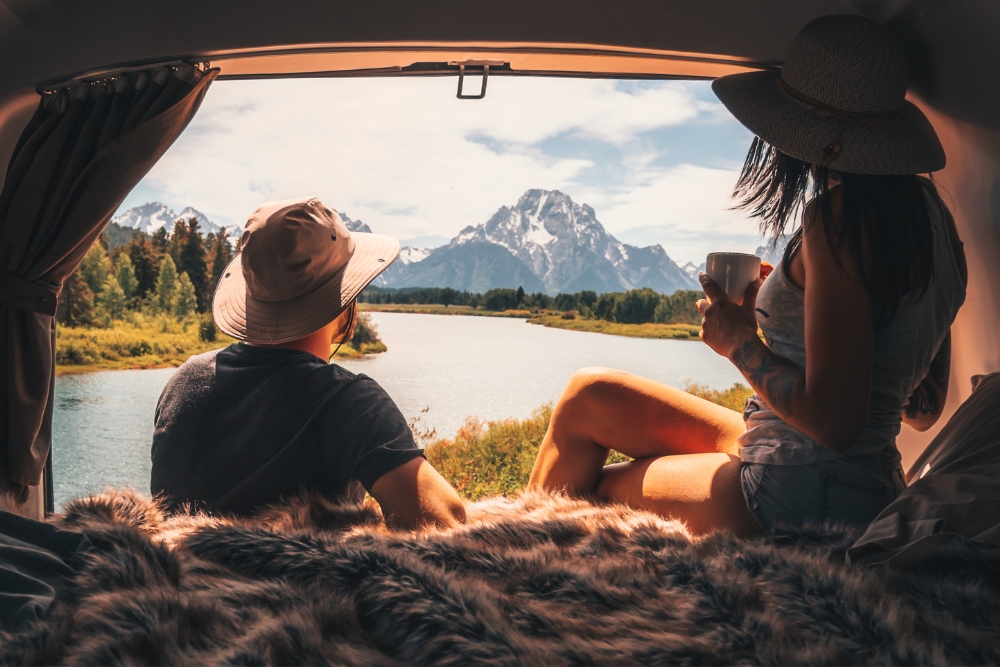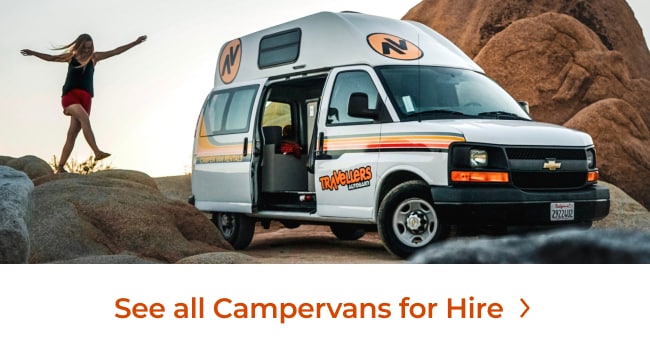Did you know that approximately 60 million Americans went camping in 2021 and that nearly three in four people who went camping in 2022 plan to continue camping in 2023?
Unfortunately, many campers don’t know what it takes to organize an unforgettable camping trip. This is especially the case for families.
The good news is that it is easier to plan a successful family camping trip than you might realize.
To make things easier for you, we’ve written a guide that breaks down everything that you need to know. Read on if you’d like to find out more.
Check the Weather Forecast
It’s essential to be aware of what Mother Nature has in store for you during your family road trip. This knowledge will influence every other decision you make, from the clothing you pack to the type of tent you bring.
Use reliable weather forecast websites or apps to get accurate updates. Consider temperature fluctuations, chances of rain, or extreme weather conditions.
Preparing for Rain
For rainy weather, pack waterproof clothing, including jackets and pants, and consider waterproof boots.
A rain fly for your tent is crucial to keep the inside dry. Bring extra tarps to protect your gear, and pack quick-drying towels. Ziplock bags or waterproof cases can keep electronics and other valuables dry.
Preparing for Snow
If you’re camping in snowy conditions, check to make sure that your camper van has snow tires and that you’ve packed sleeping bags with low-temperature weather ratings.
Layers are key; thermal underwear, a down jacket, waterproof outerwear, insulated boots, and gloves are must-haves.
Pack a snow shovel to clear your campsite. And remember that cooking and heating equipment should be suitable for cold weather use.
Preparing for Heat Waves
In the blazing sun, shade is your best friend. A canopy or sunshade is essential, and don’t forget a high-SPF sunscreen and hats for everyone.
Lightweight, light-colored, and breathable clothing will keep you comfortable. Hydration is vital, so pack plenty of water. It is also a good idea to rent a campervan that has an air conditioner.
Preparing for Natural Disasters
Natural disasters are less predictable, but you can still prepare.
For areas with frequent storms, a weather radio can help you stay updated. In tornado-prone areas, know the nearest shelter. In regions with wildfire risk, follow all fire regulations and have a plan for evacuation.
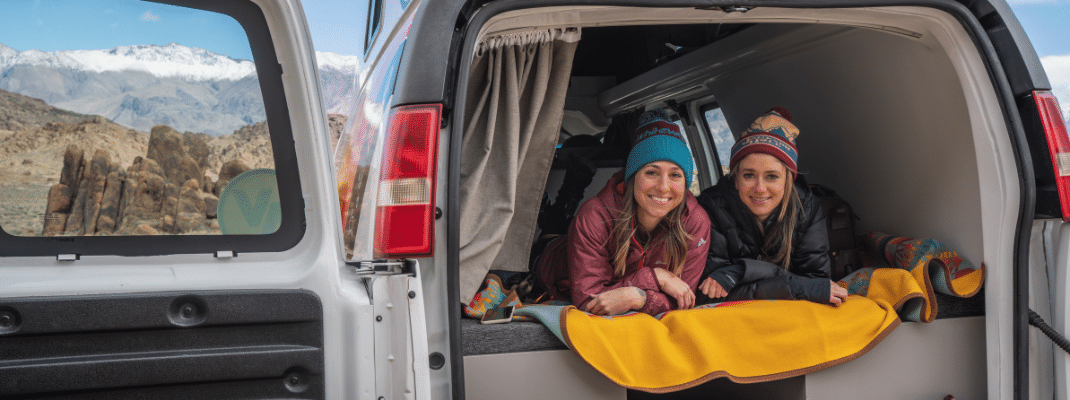
Choose the Best California Camping Spot
California is a state that is filled with endless beauty. But it is also the country’s most populous state. This is why it can be difficult to find campsites that are not crowded.
Here are the best camping spots that you should consider visiting if you want to beat the crowds.
Prairie Creek Redwoods State Park
Prairie Creek Redwoods State Park is a haven for families who want to get in touch with nature. Its mysterious old-growth redwoods create a stunning backdrop.
There are nearby family-friendly hiking trails, and the summertime skies are full of stars.
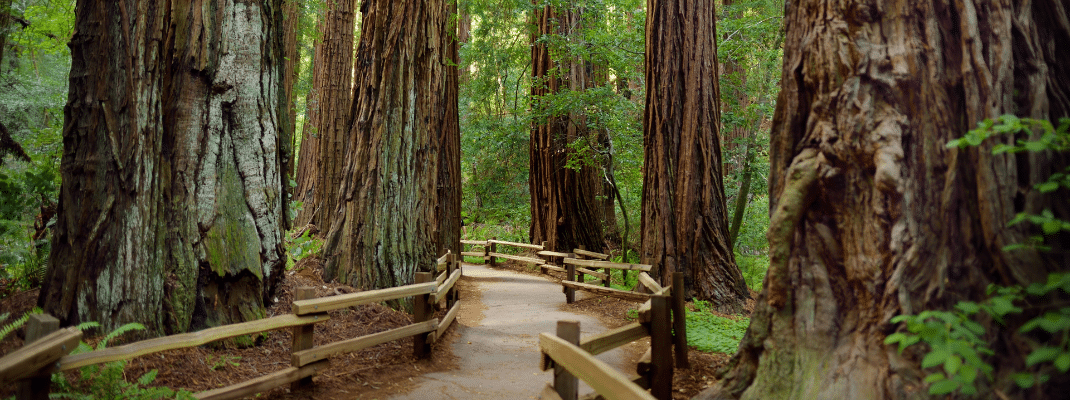
Lake Siskiyou Resort & Camp
Lake Siskiyou Resort & Camp boasts picturesque views of Mount Shasta. The lake itself is a great destination for those who want to go fishing, boating, and swimming.
Since it has well-equipped campsites, it is an ideal spot for families looking for a mix of adventure and comfort.
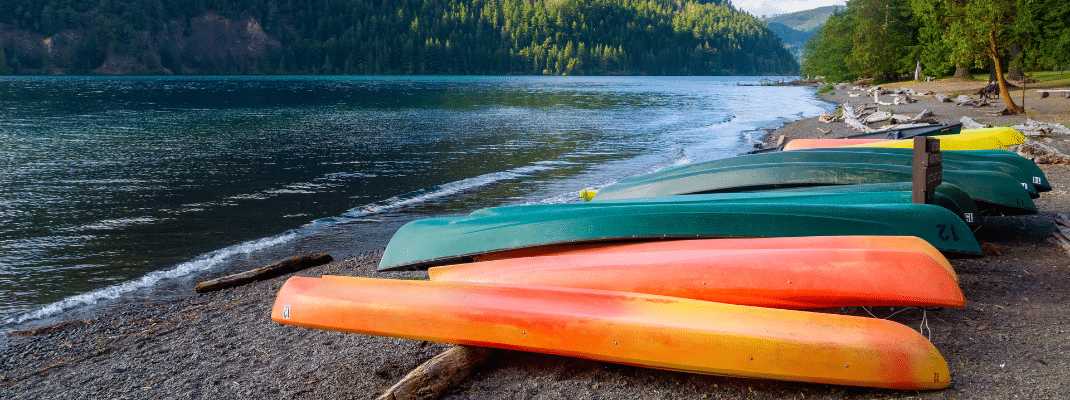
Lake Alpine Campground
This Campground is a serene escape for families. It is surrounded by alpine meadows, wildflowers, and towering pines. You should stay at this campground if you want to relax with your family.
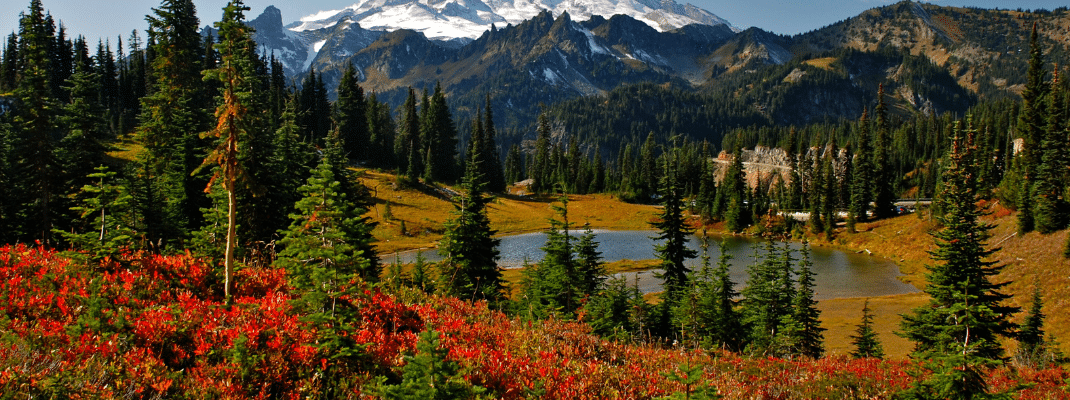
Silver Lake West
Silver Lake West in the Eldorado National Forest is a great spot for family camping. The campground sits at the water’s edge. It’s a great base for exploring the surrounding areas.
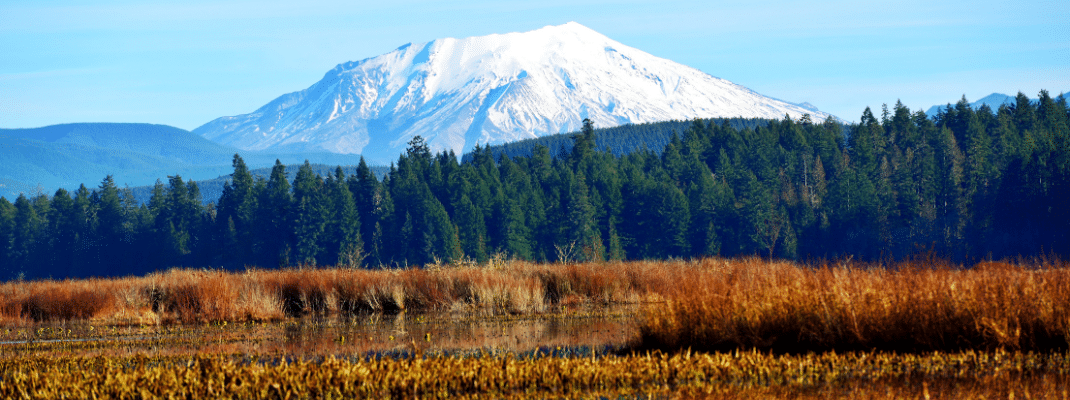
Choose the Right Clothing
Packing the right clothing for your camping trip depends heavily on the weather forecast. For warmer climates, opt for lightweight, breathable fabrics like cotton and linen.
Don’t forget to pack bathing suits if there’s a chance for swimming. If the forecast predicts colder temperatures, think of layers: thermals, fleece, and waterproof outer layers.
Regardless of the weather, always pack hats, sturdy footwear, and a good supply of socks. Remember, when traveling with kids, their clothing needs might be slightly different and require extra items.
You should always bring spare clothes for accidents or mishaps.
Prepare for a Campervan Trip With Your Kids
Before setting out in your campervan, there are several simple things you should do. Here is what you need to know.
Pack Travel Bags
Kids’ travel bags aren’t just about organization. They’re also about fun.
You can fill these bags with small gifts from your local dollar shop. Your children will love these delightful surprises. They will be engaged and will look forward to your trip’s next surprise.
Plan Your Stops
Plan for making stops that cater to your kids’ interests. National parks offer natural beauty and outdoor adventure, museums provide educational value, and world-record sites will spark curiosity.
If you have younger children, consider making stops at farms and zoos. Try your best to break up the drive with interesting destinations.
Evening Activities
Even though you might feel tired at night, it is important to keep your family entertained. It is easier to do this than you might think.
All you need to do is organize simple activities such as roasting s’mores, playing hide and seek, or stargazing.
Bring Lots of Snacks
Kids often get hungry between meals. This is why it is such a good idea to have a stash of healthy, easy-to-eat snacks.
Prepare for Bathroom Stops
When nature calls, you will need to be prepared. Stock your campervan with essential bathroom products like hand sanitizer, toilet paper, and odor-proof bags.
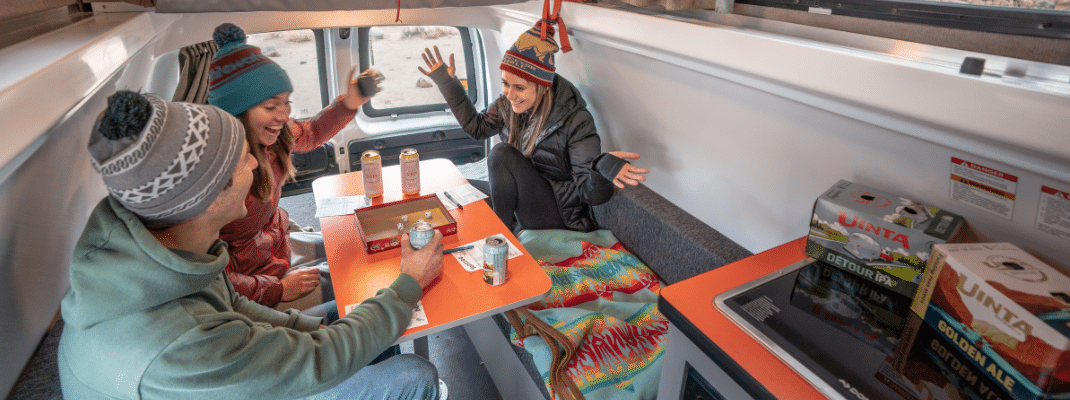
Pack Tents and Sleeping Bags
It can be a hassle to purchase and pack tents and sleeping bags for your entire family. This is why it is a much better idea to rent a campervan.
At the same time, it is possible that one or more of your children will want to have the experience of camping in a tent underneath the stars. This is why you should consider packing a tent and sleeping bags.
When choosing a tent, consider the size of your family and the amount of space you’ll need. A rule of thumb is to add an extra person to the number of sleepers to ensure enough space.
For instance, a family of four would be most comfortable in a five-person tent. As for sleeping bags, again, the weather forecast is key.
Sleeping bags come in various temperature ratings. Choose one suitable for the lowest temperatures you expect to encounter.
If camping with young kids for the first time, consider bringing comfort items from home. This might include items such as a favorite blanket or pillow. This will help them feel secure in the new environment.
Get Your Children Excited
Another great way to prepare for a camping trip is to educate your children about the geography, animals, and cultures of the areas you’ll be visiting.
This not only increases their understanding and appreciation of the trip. It also helps keep them safe. For example, knowing which plants are poisonous or which animals to avoid can prevent unfortunate incidents.
If you’re heading to Colorado campgrounds, you could learn about the local flora and fauna, the history of the Rocky Mountains, and the cultures of the indigenous people who originally inhabited the area.
Camping trip activities can be enriched with a bit of knowledge. If you’ve packed a telescope, teach your kids about the constellations before you go.
If you’re planning on hiking, learn about the geological features you might encounter.
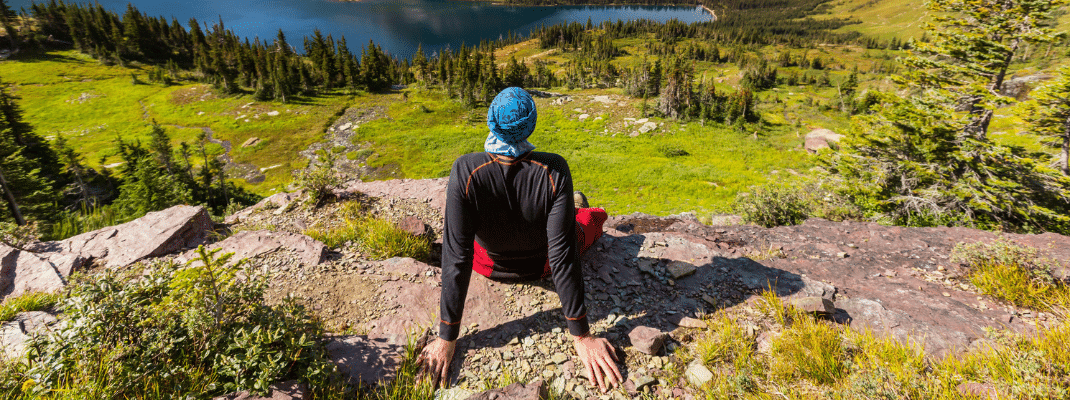
Bring a Camp Kitchen
Your campervan rental might come equipped with a gas stove. But for some models, gas stoves are an optional accessory.
Unless you and your family plan on eating at restaurants during your camping trip, it is a great idea to bring along a stove.
Don’t forget to pack essential cooking equipment like pots, pans, a spatula, and enough cutlery and plates. To keep things simple, plan easy meals to prepare, like pre-made sandwiches, pasta, or grilled meats and veggies.
You can also pre-cut ingredients and store them in reusable containers to save time at the campsite.
Pack Flashlights and Lanterns
Lighting is a crucial, often overlooked, aspect of camping preparation. Good lighting not only keeps your campsite safe. It also adds an ambiance that makes your camping experience more enjoyable.
Headlamps are great for hands-free tasks and are a good option for kids. Lanterns are perfect for lighting up the whole campsite or inside the tent.
Remember to choose LED lights for energy efficiency and pack extra batteries. If you are in a campervan, make sure to check the inbuilt lighting systems and carry additional lights if needed.
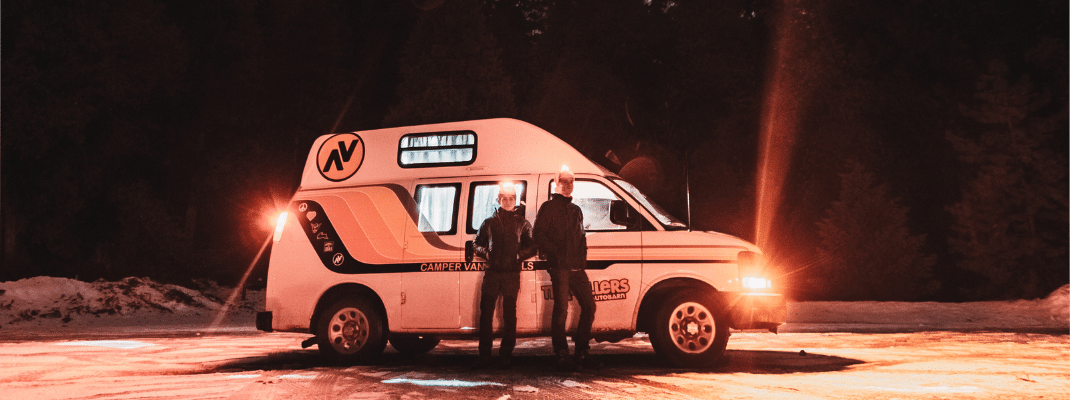
Take Safety Precautions
Safety gear is an essential part of any camping trip. The list of items to bring might seem overwhelming, but their purpose is to keep you safe, comfortable, and prepared for any eventuality.
Essential items include a first aid kit, waterproof matches or a lighter, a map and compass, a multi-tool knife, flashlights with extra batteries, and a whistle for emergencies.
When camping in any wilderness area, bear spray and a bear-proof food container could be crucial. There are several mistakes you should try to avoid.
This includes not checking the expiration dates on items in your first aid kit, forgetting to pack necessary medications, and underestimating the amount of water you’ll need.
A good rule of thumb is to bring one gallon of water per person, per day.
How do you know how much safety gear to bring? Consider the length of your trip, the remoteness of your location, the weather forecast, and the activities you plan to do.
For example, if you’re choosing a campervan, some safety items might already be included, reducing the amount you need to pack.
Bring Comfort Items
Comfort items can significantly enhance your camping experience. Consider packing foldable chairs for a comfortable place to sit around the campfire, a hammock for relaxing afternoon naps, and games like cards or board games.
If your road trip destination is a place with a clear night sky, packing a telescope can provide an incredible stargazing experience.
When choosing comfort items, be mindful of space and weight constraints, especially if you’re not using a campervan. A common mistake is to overpack.
If you do this, you might overload your vehicle or have too much gear to comfortably carry.
Choosing a campervan for your camping trip can offer more comfort and convenience. It might come equipped with beds, a kitchen, and even a bathroom.
But remember that a campervan might limit where you can camp. This is because not all campsites can accommodate them.
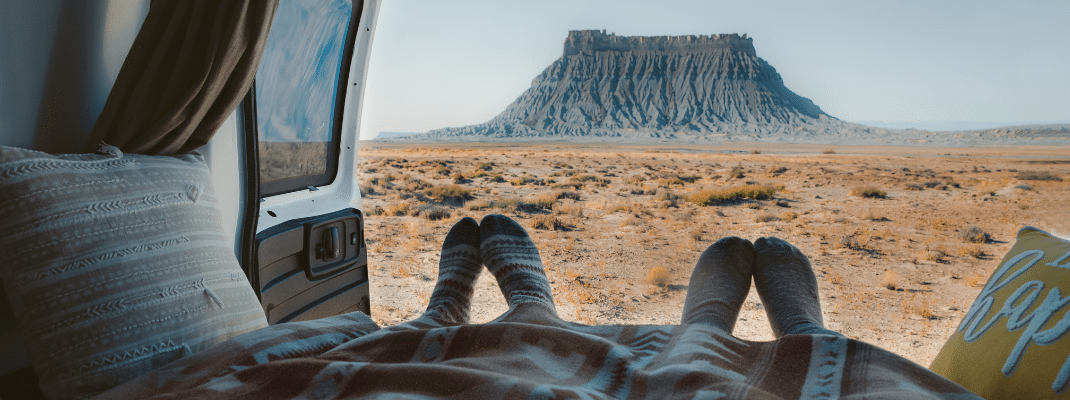
Make a Dry Run
Before embarking on a long camping trip, making a dry run can be an excellent idea.
Consider taking a shorter trip first, maybe just one or two nights, to get a feel for what camping involves and to test your gear. This trial run can help you identify what items you’re missing or what you’ve packed but don’t need.
Start With a Positive Attitude
From the moment you begin gathering supplies from your camping gear checklist, ensure your mindset is focused on adventure and togetherness.
Even when challenges arise, keeping a positive perspective can turn a mishap into a memorable story. When the trip ends, maintain this positivity.
Encourage each family member to share their favorite memories or things they learned during the trip. This can help foster a sense of shared accomplishment and gratitude for the experience.
Bring Lots of Ice
Expenses can quickly pile up if you’re not careful. But there are also plenty of opportunities to save.
One such tip involves using gallon jugs of water as ice packs in your cooler. Simply fill a few gallon jugs about 90% full (to allow for expansion) and freeze them.
These can keep your cooler chilled for longer than regular ice, and as they melt, you have extra drinking water. This saves money on ice packs and bottled water, and it’s a more sustainable option.
Organize a Scavenger Hunt or a Geocaching Adventure
One great family camping activity is going on a geocaching treasure hunt. Geocaching is an outdoor activity where you use GPS coordinates to find hidden “caches” that other people have placed.
It’s a fun way to explore your surroundings and add an element of adventure to your hike. All you need is a GPS device or a smartphone with GPS capabilities.
Before you leave, search online for geocaches in the area you’re going to visit and download the coordinates.
If you are not interested in going on a geocaching adventure, you should instead create plans for having a scavenger hunt. The first thing you will need to do is choose the times.
If you have younger children, select items that are easy to find such as leaves, flowers, and rocks. You will then need to create riddles or clues so that the participants know where to find the next item on their list.
You will then need to plan a route, create rules that are easy to follow, and decide how long you want the scavenger hunt to last. Remember to prioritize safety and film the experience by taking photographs or shooting videos.
Get Help From Your Children
Don’t hesitate to enlist help from your children when preparing for your camping trip. Even young kids can help pack their clothes or gather items from the camping gear checklist.
Older children can help plan meals, pack the car, or set up the tent.
This lightens your workload and helps children feel more invested in the trip. Plus, these tasks provide great learning opportunities about responsibility, teamwork, and problem-solving.
Make Clear Plans
Planning out your daily activities can bring a myriad of benefits to your life.
Firstly, it helps to prioritize tasks, ensuring that critical tasks get the attention they need. Without a plan, it’s easy to spend time on less important tasks, leaving insufficient time for those that are more crucial.
Secondly, planning helps manage your time effectively, maximizing productivity and reducing stress.
It gives a clear overview of your commitments, helps avoid scheduling conflicts, and ensures you have ample time for rest and recreation.
Furthermore, planning can enhance your focus and decision-making ability. Instead of constantly wondering what to do next, a plan allows you to concentrate on the task at hand, increasing efficiency and quality of work.
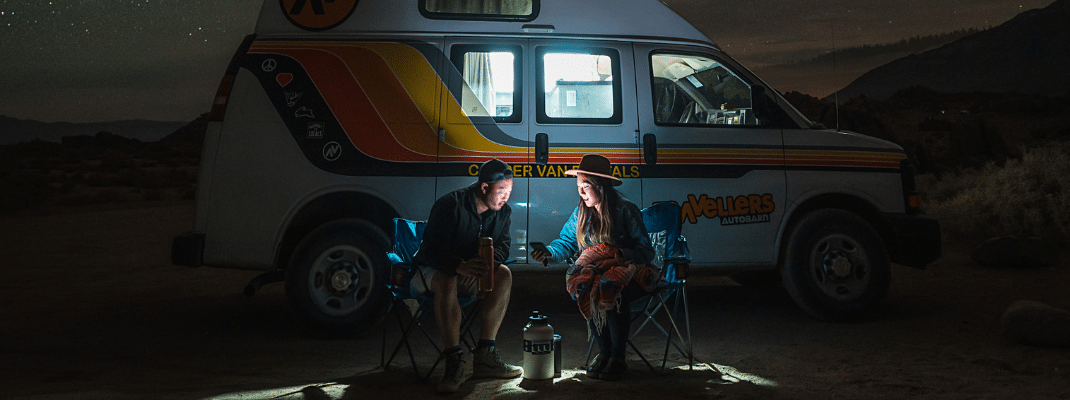
Plan a Successful Family Camping Trip
It is easier to plan a successful family camping trip than you might think.
Before setting out on your trip, make sure to read the weather forecast and pack accordingly.
It is also a good idea to get your children involved in the planning process. Lastly, consider making a dry run before setting out on a multi-day camping trip.
One of the most enjoyable ways to camp with your children is by renting a camper van.
That’s where Travellers Autobarn comes in. We rent campervans to the budget-conscious and the young at heart. Don’t hesitate to book yours today!
About the Author
Bastian Graf
Bastian is the Sales & Marketing Manager here at Travellers Autobarn. He holds a Master of Commerce in Marketing and International Business Management, and 20+ years experience in campervan hire, road trips and travel.

